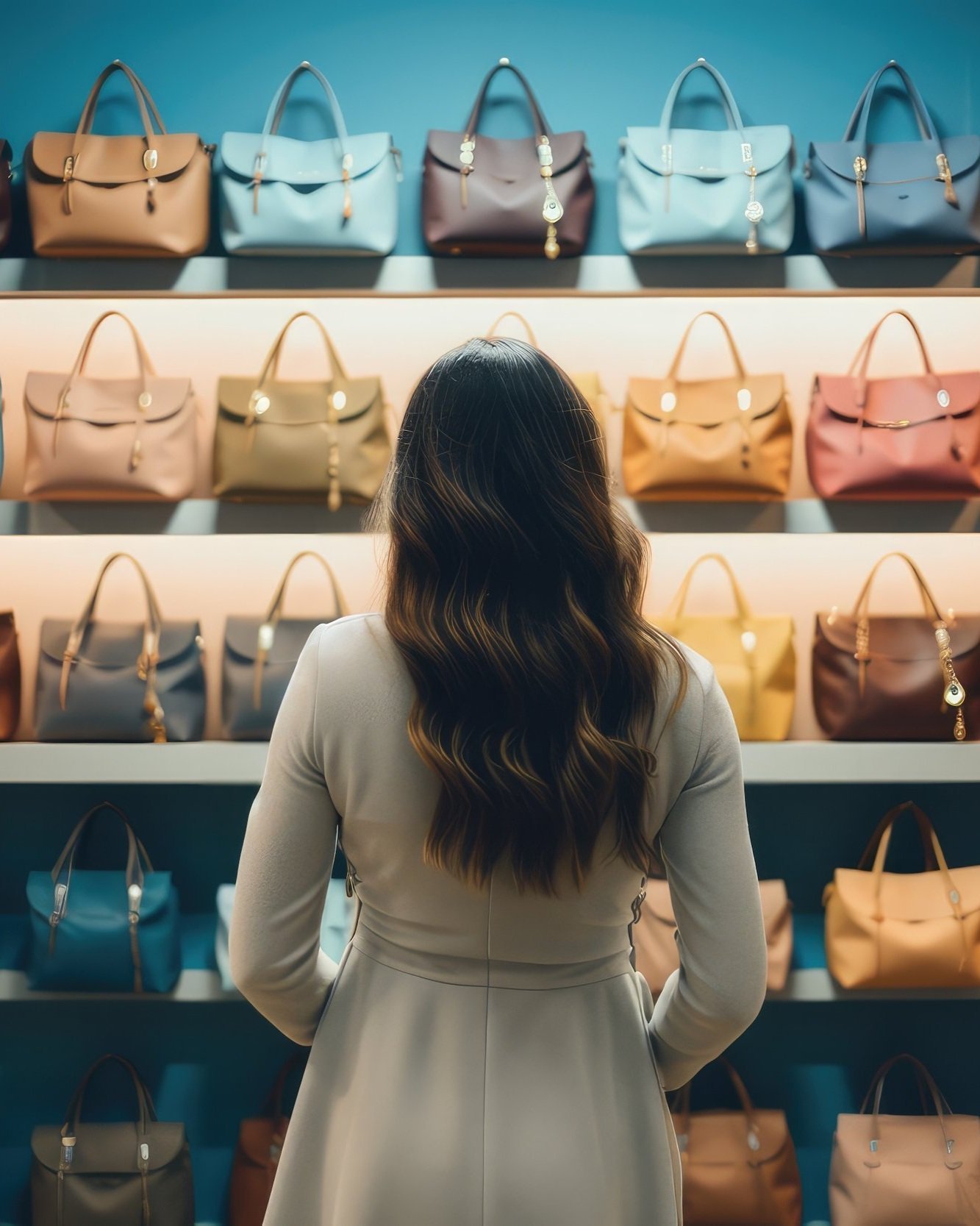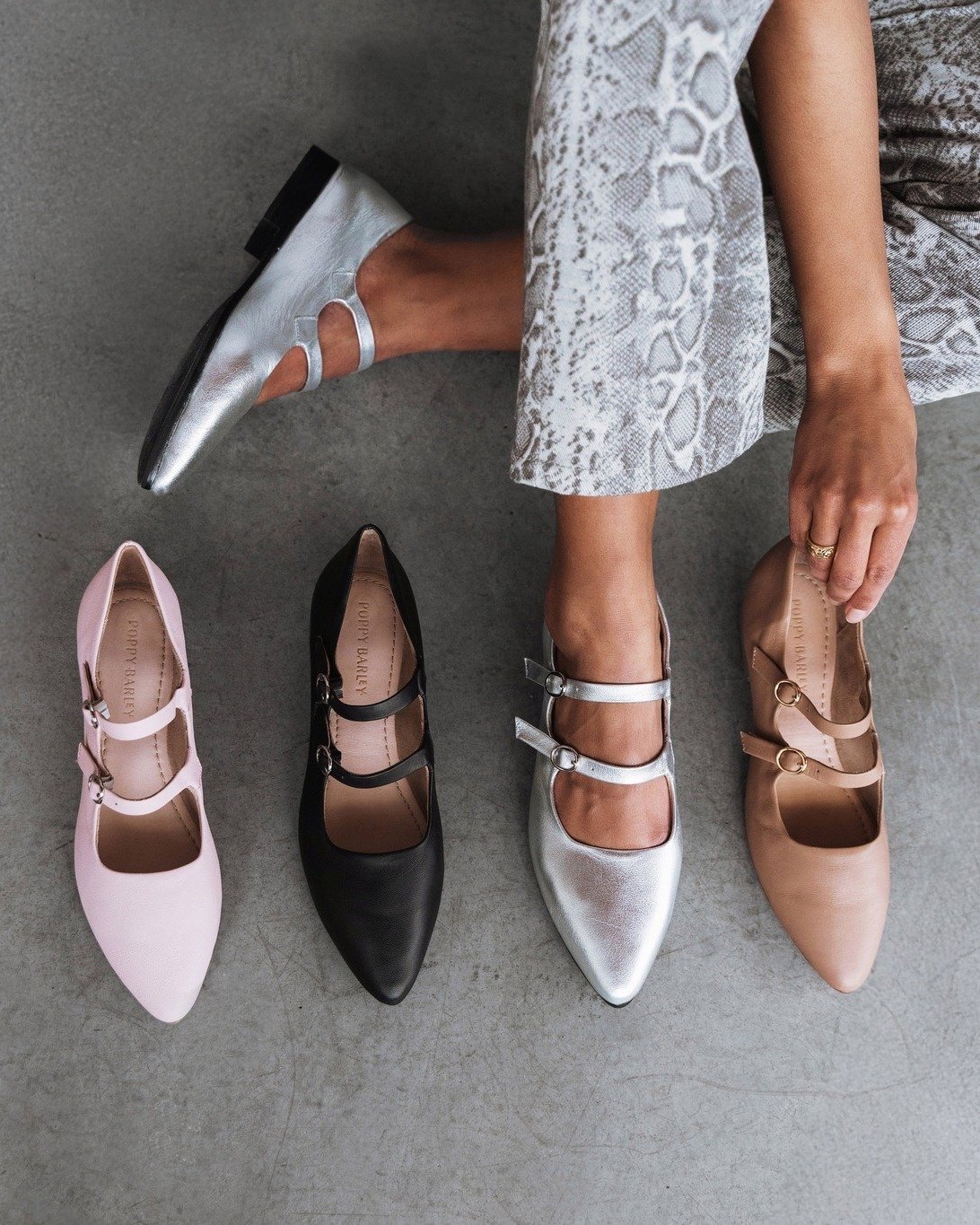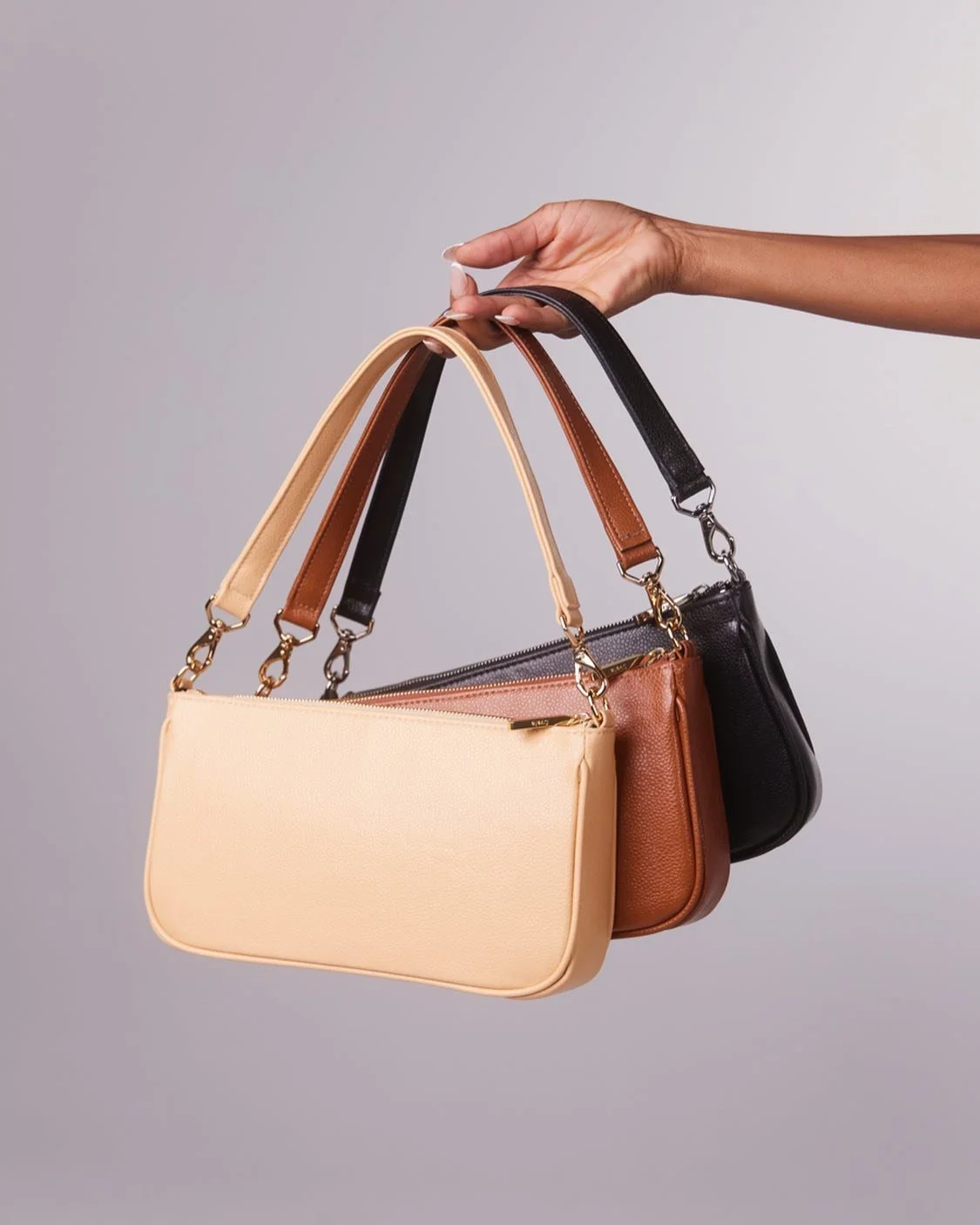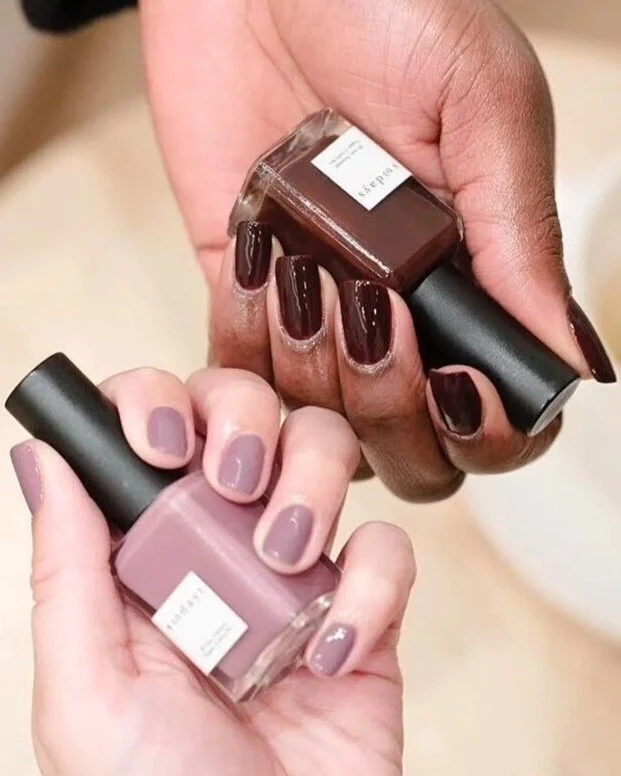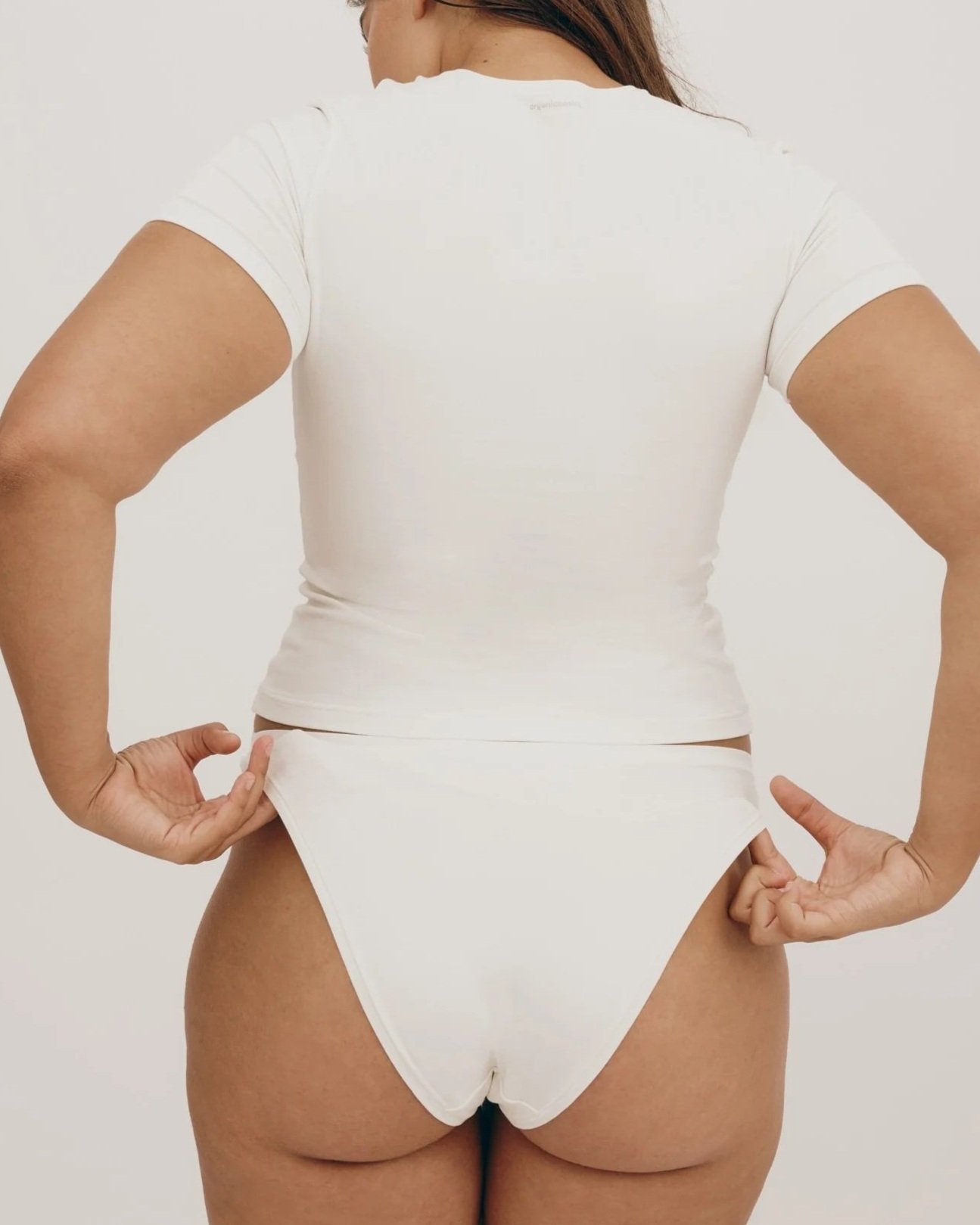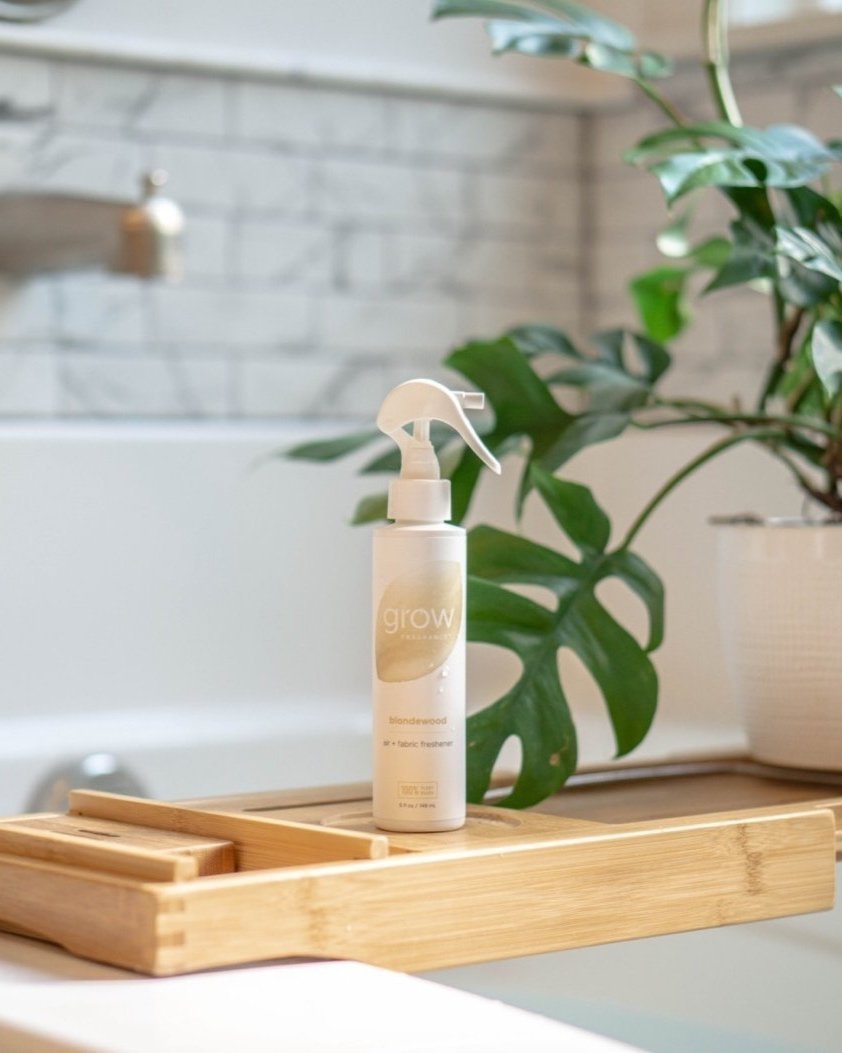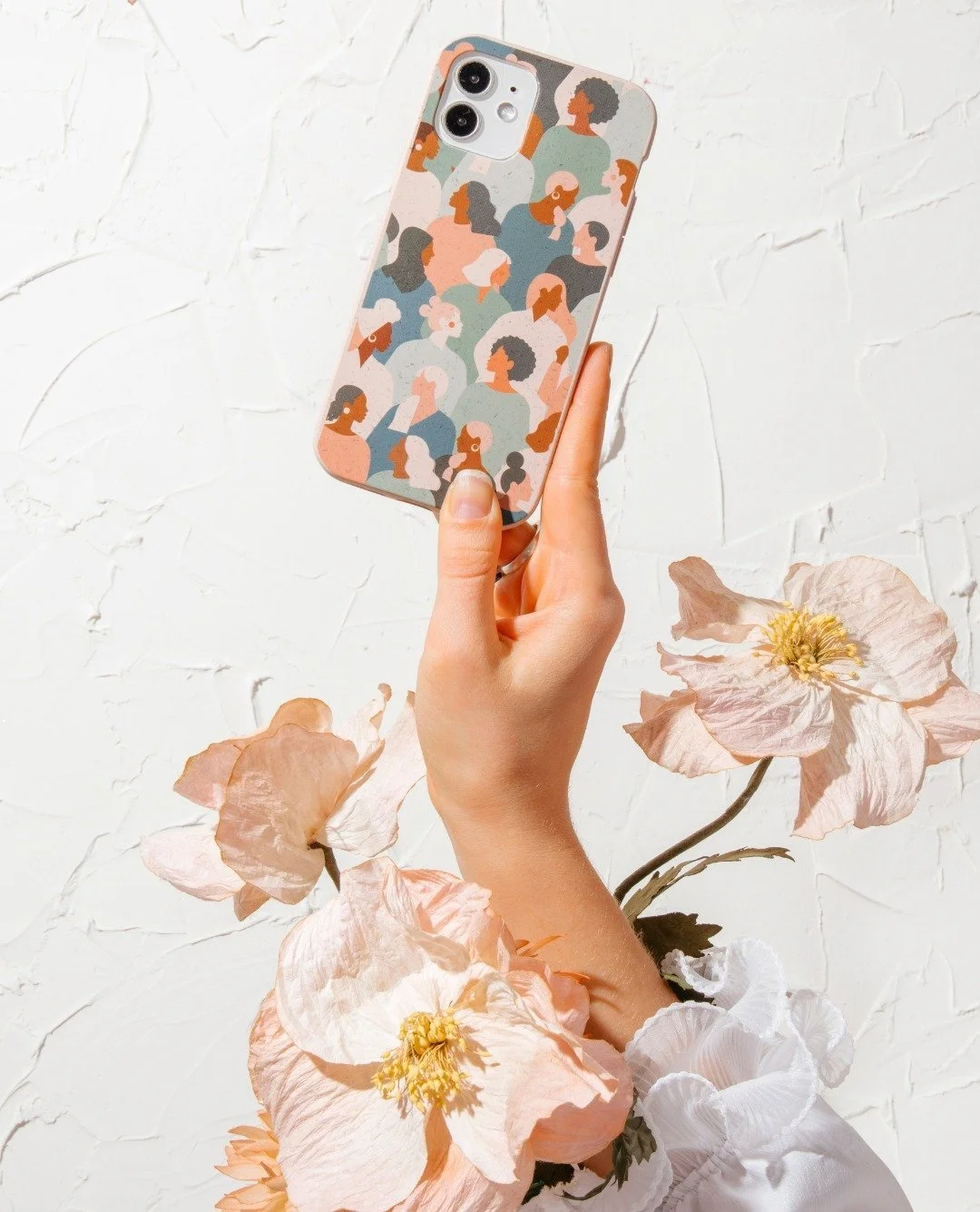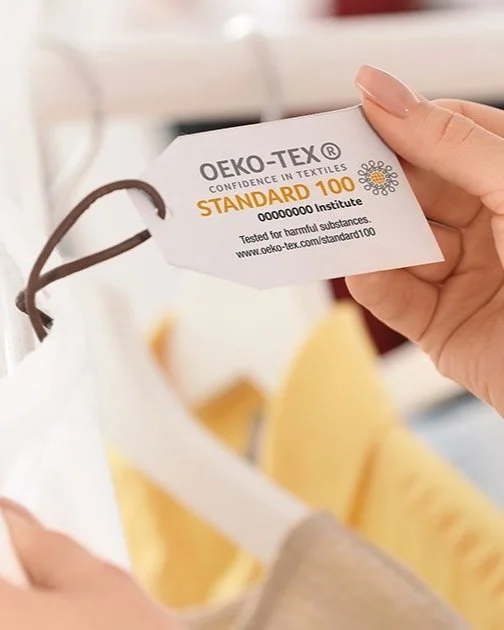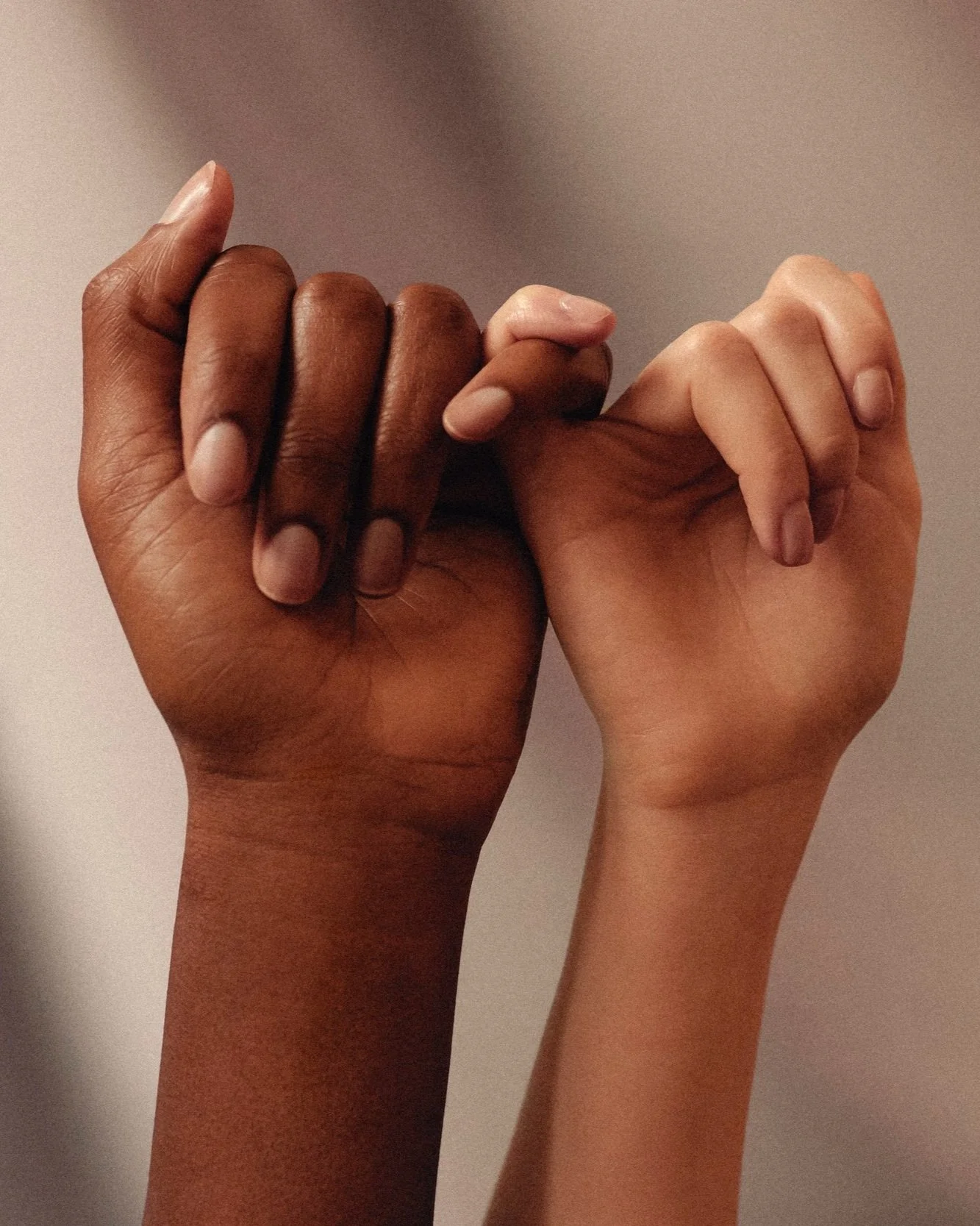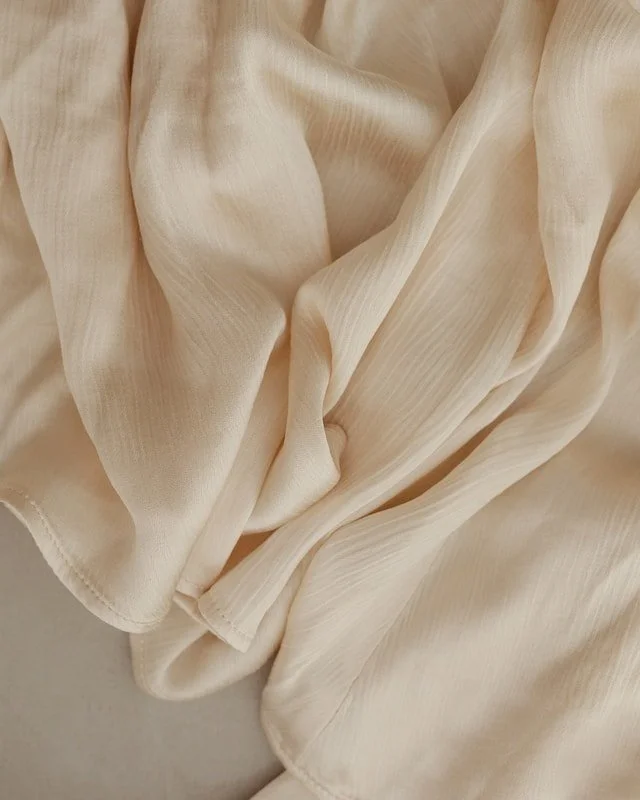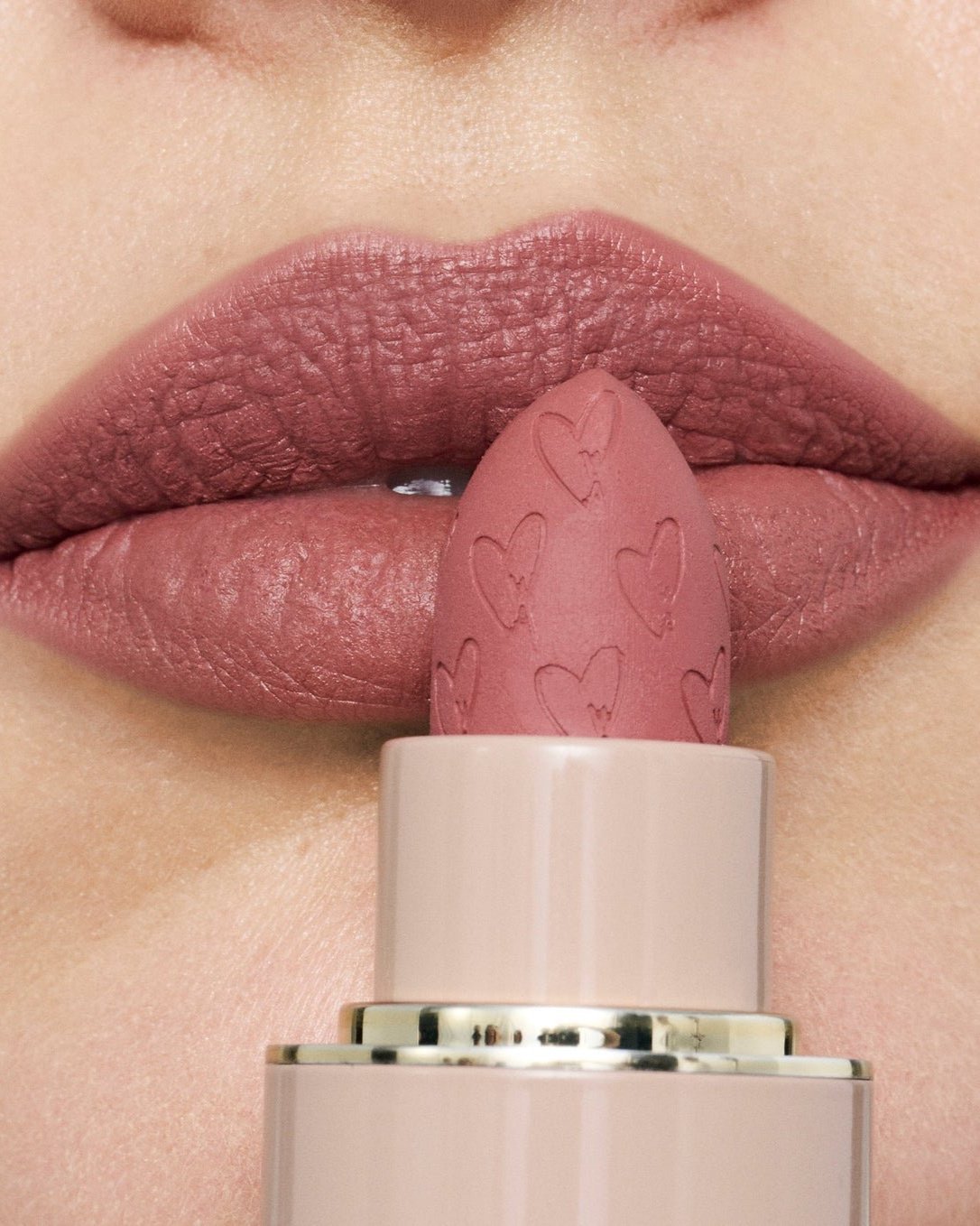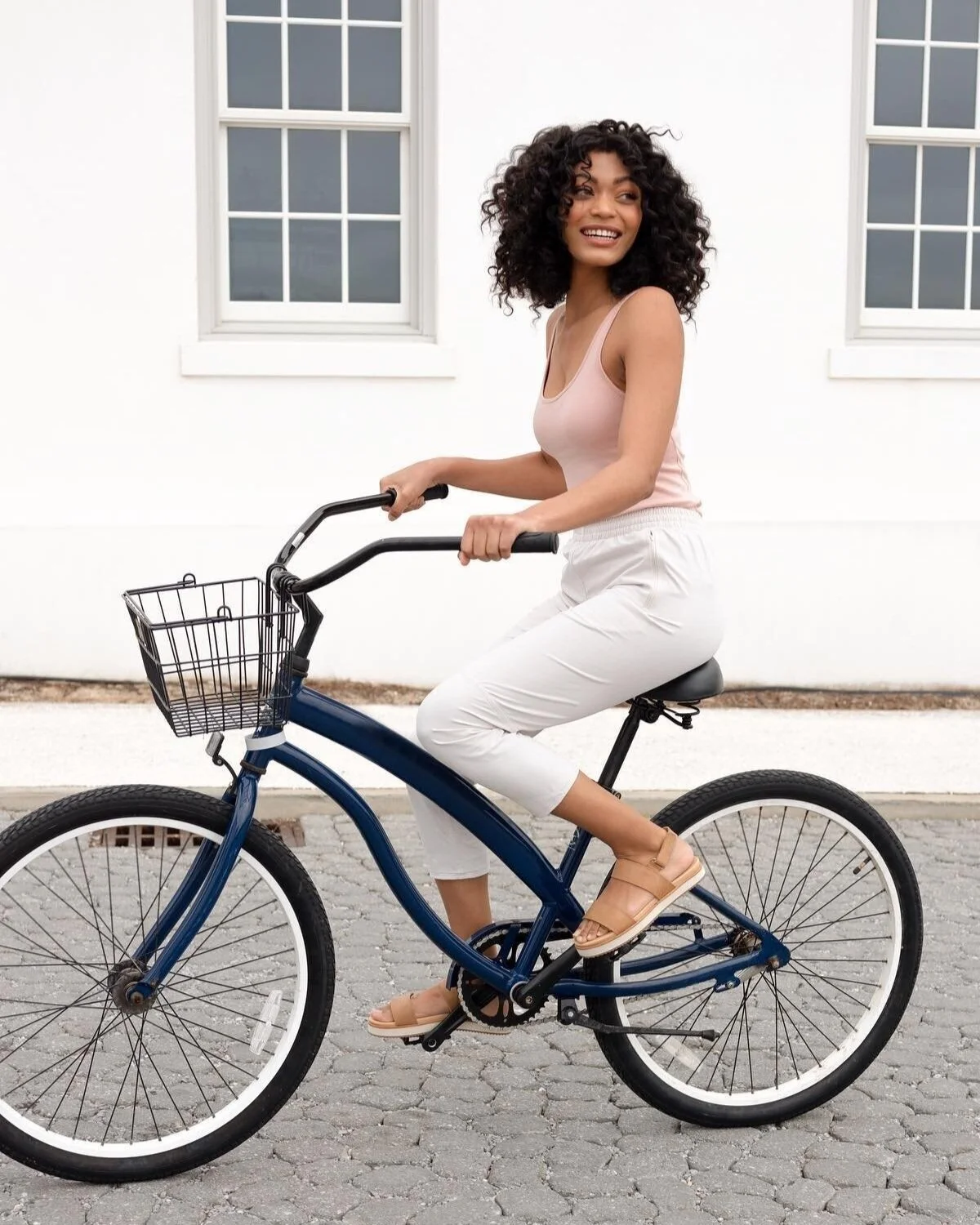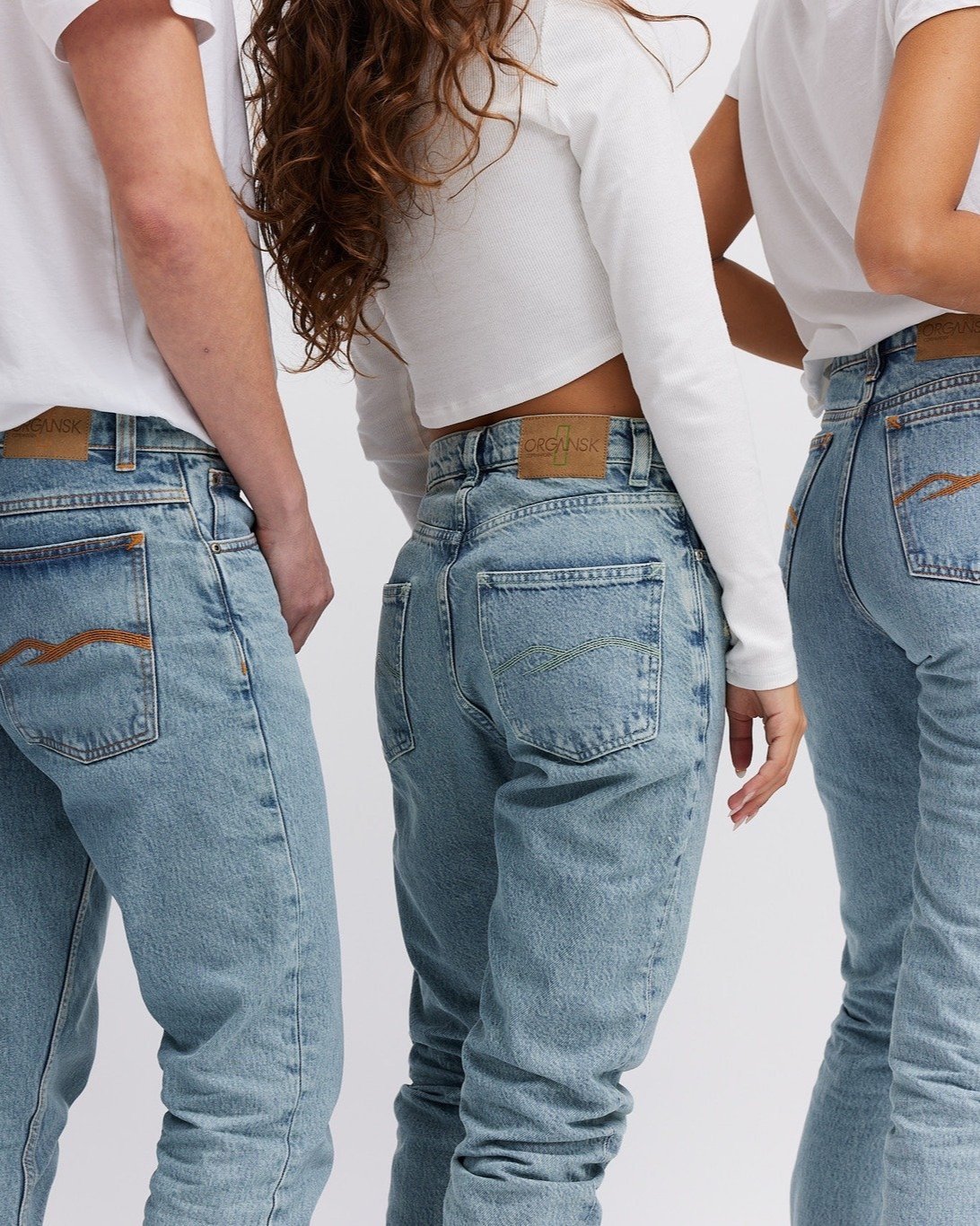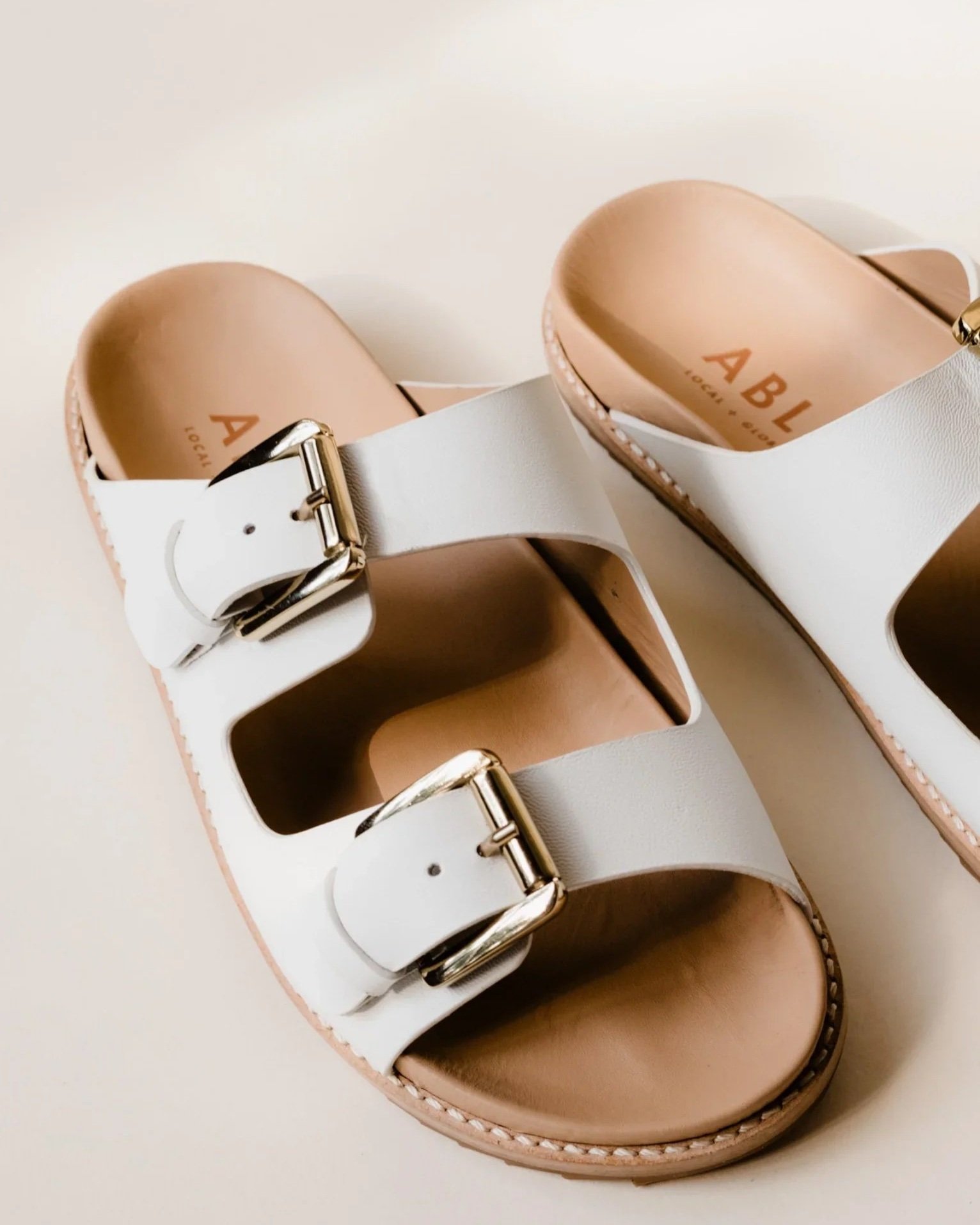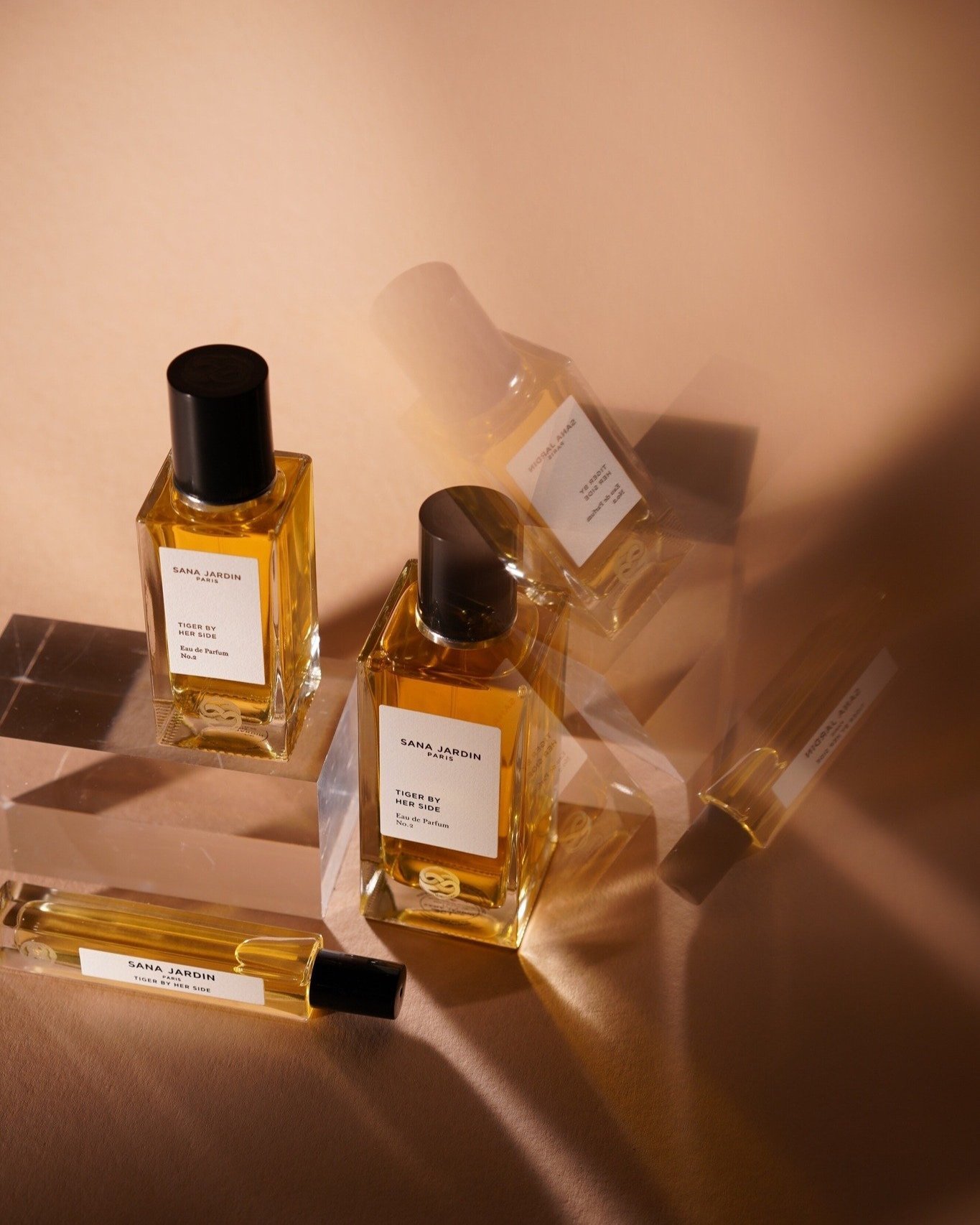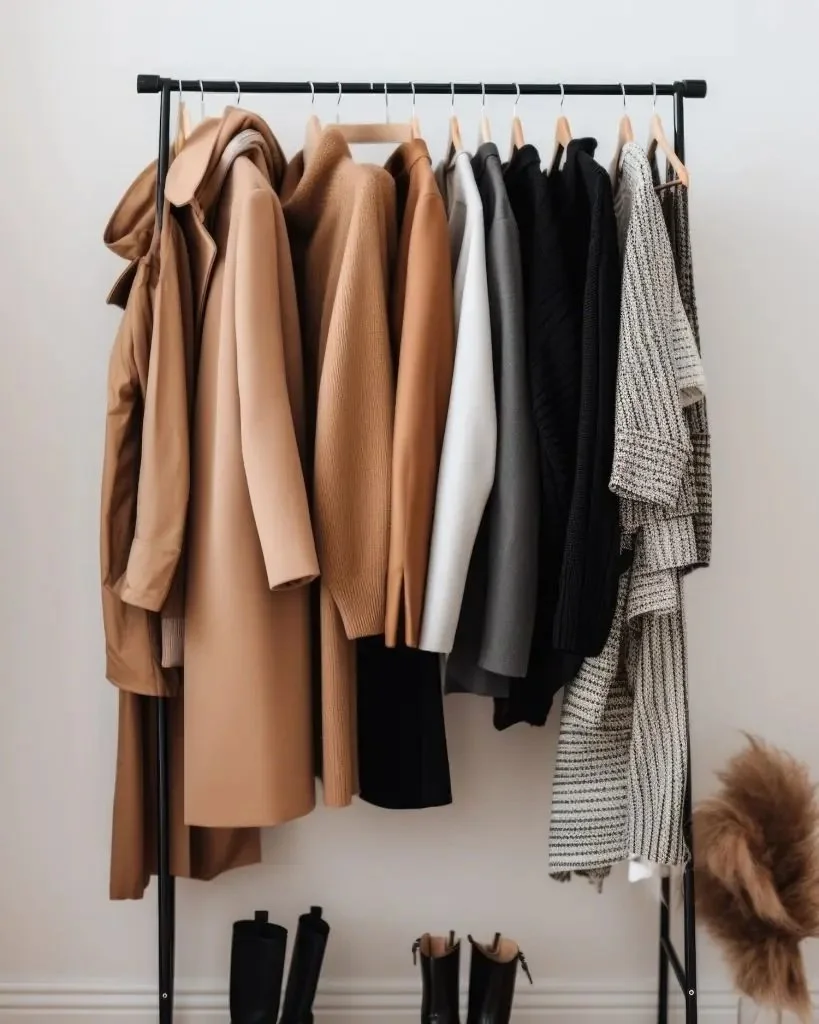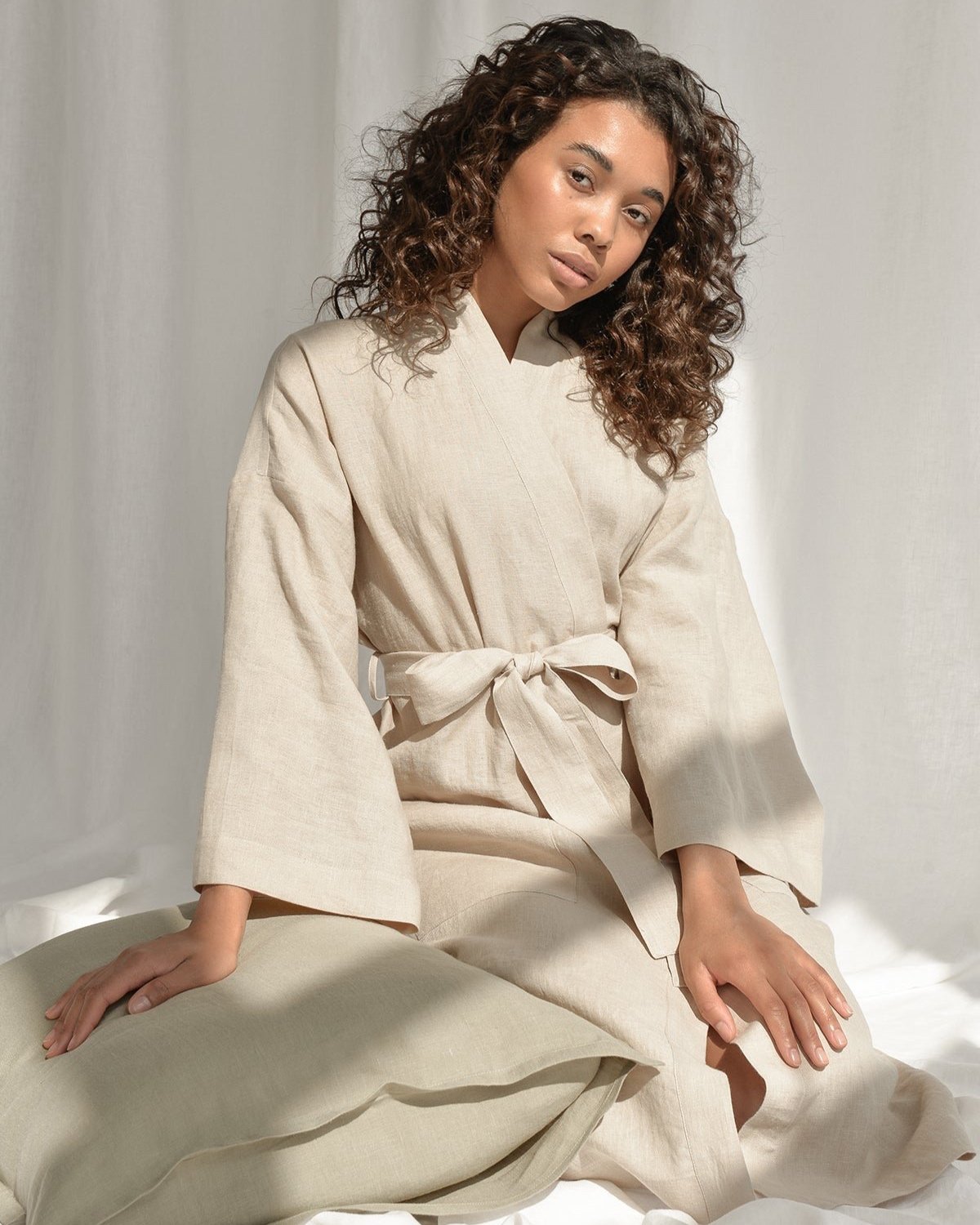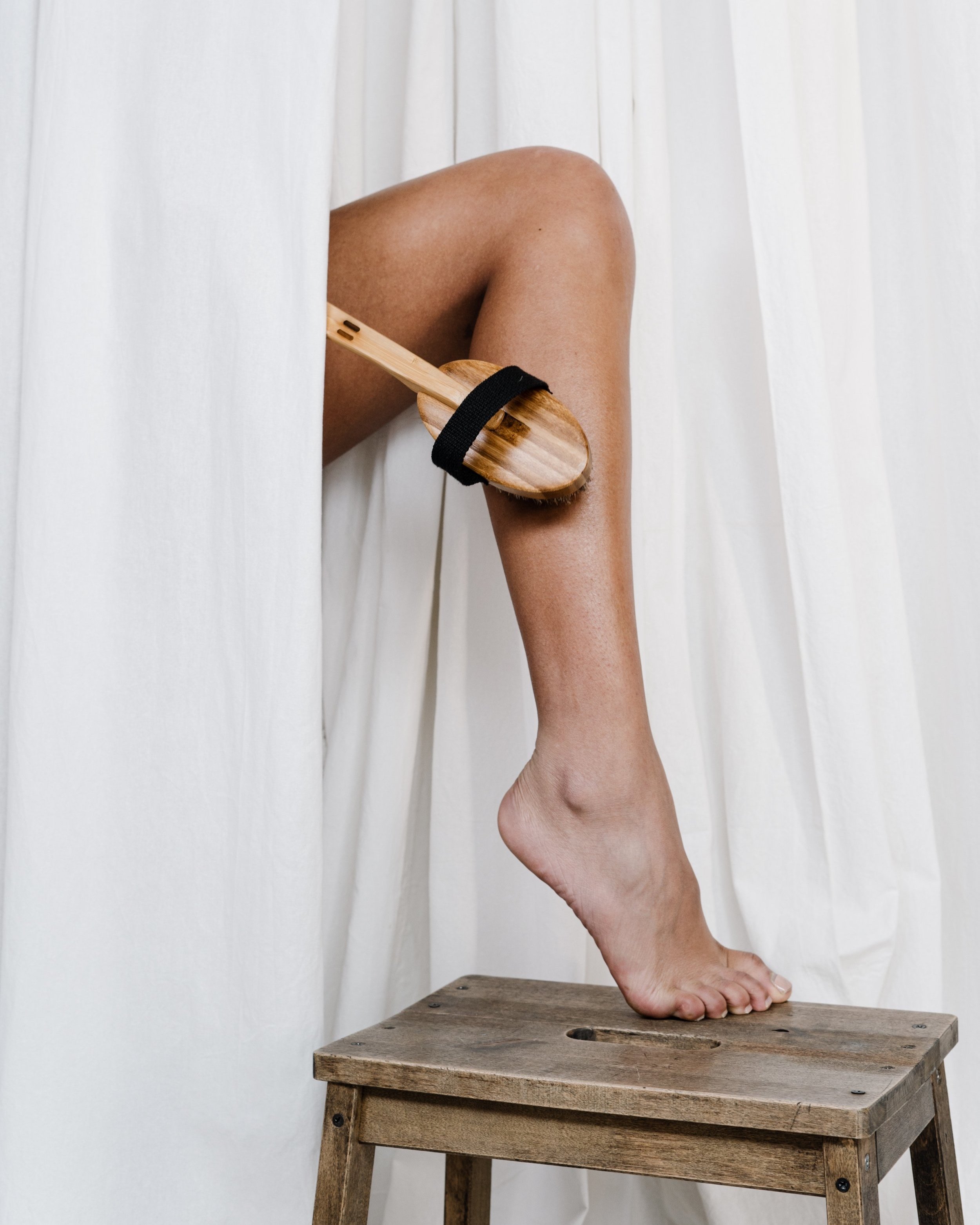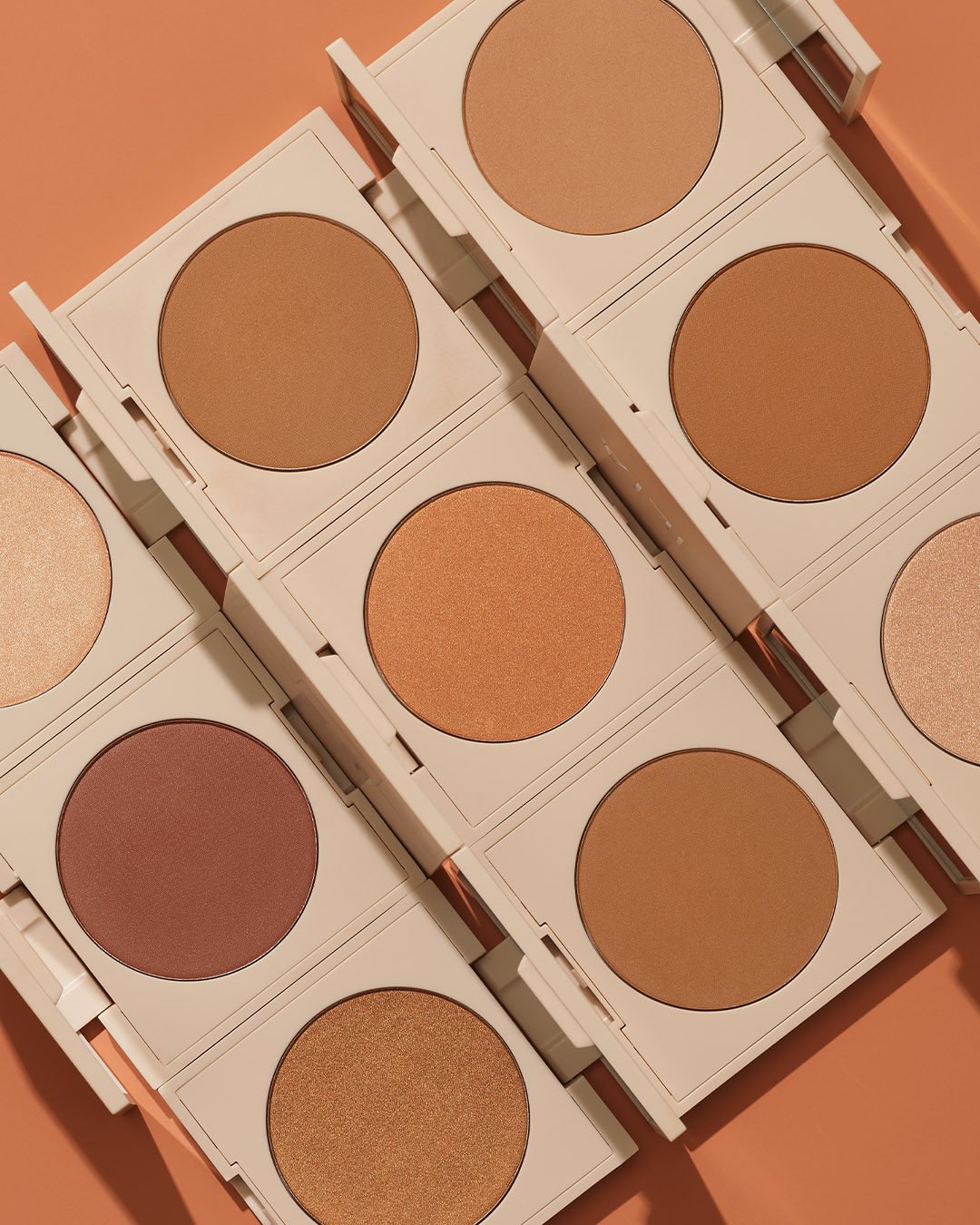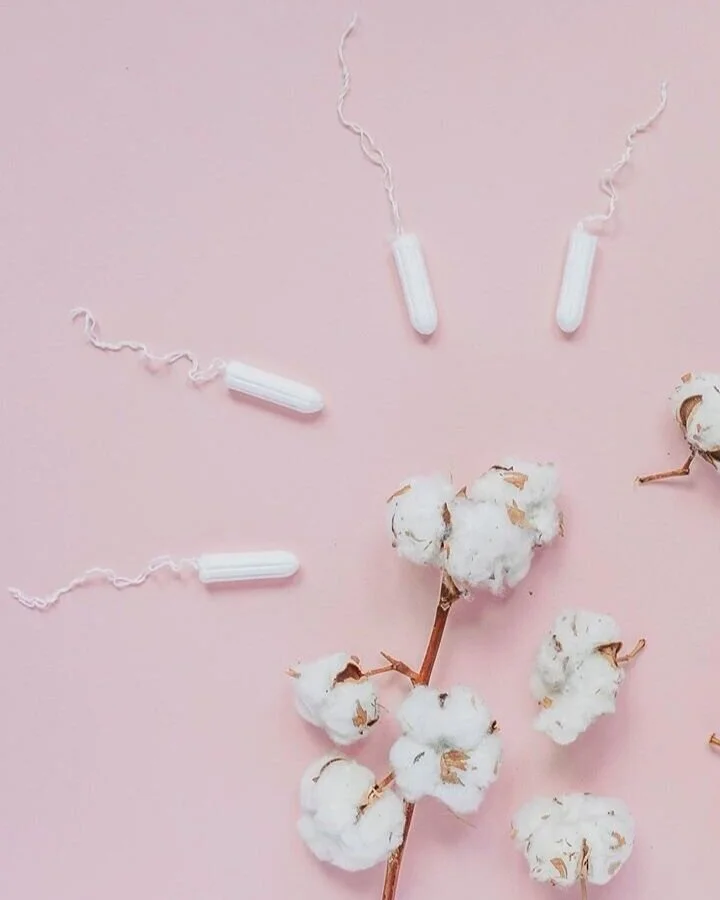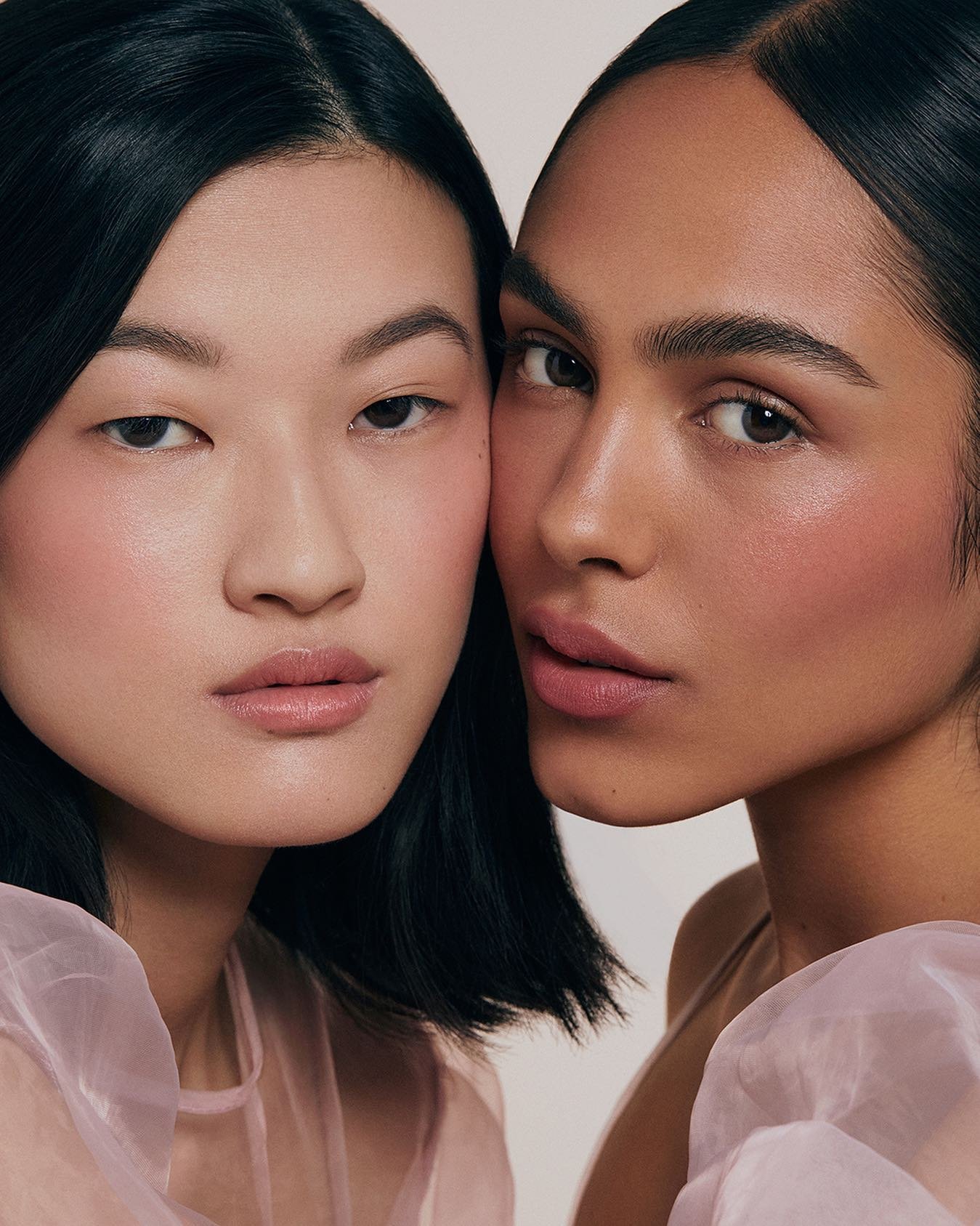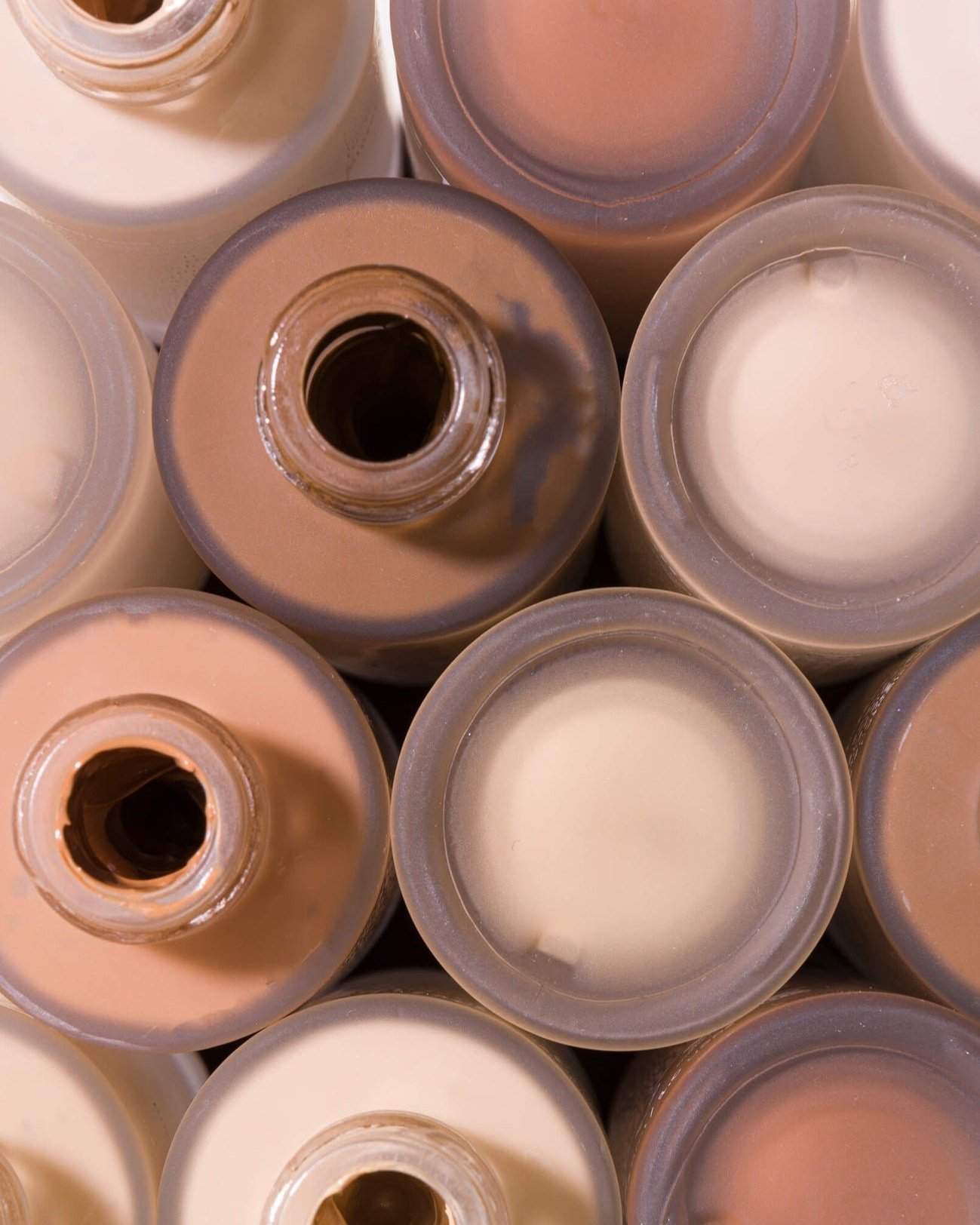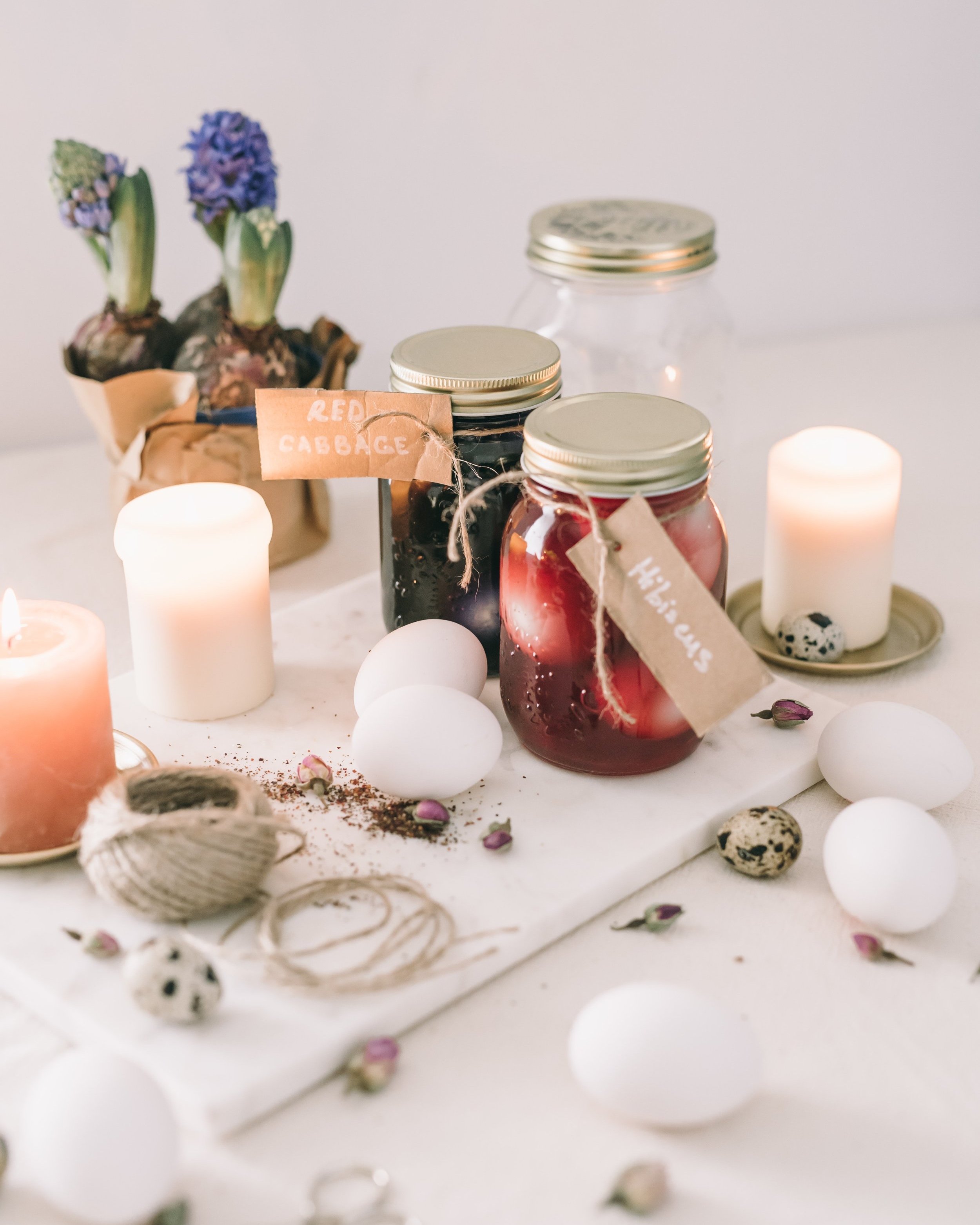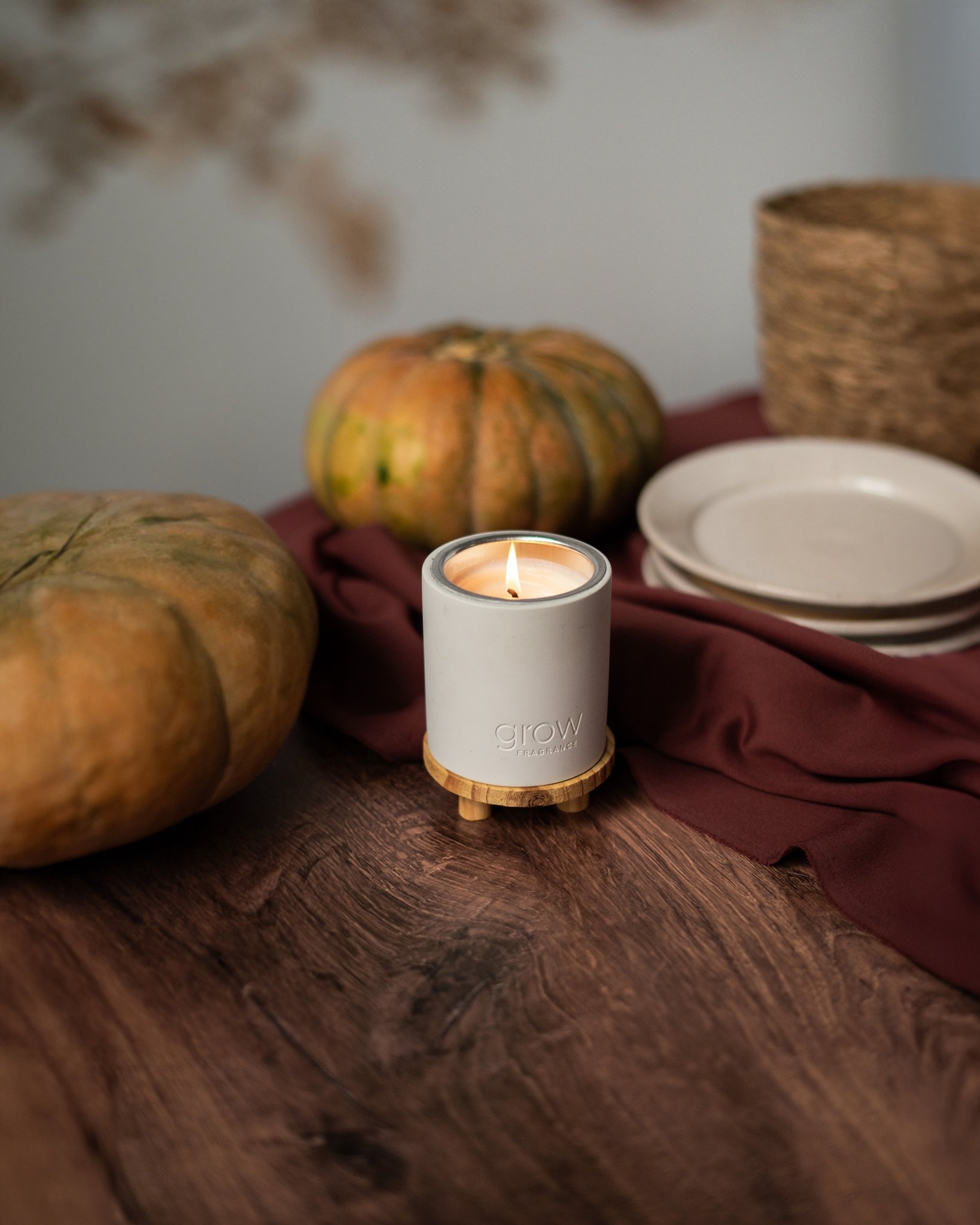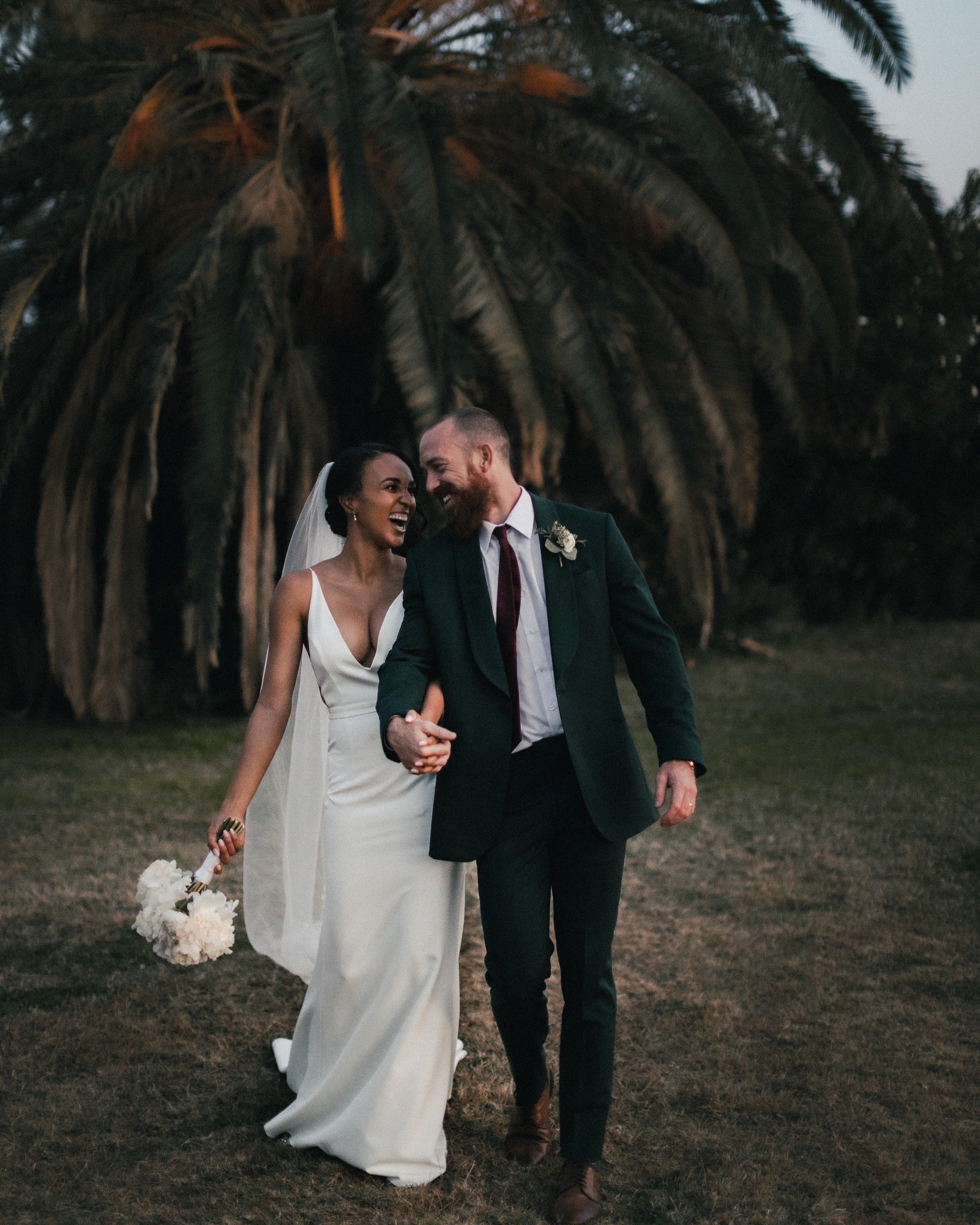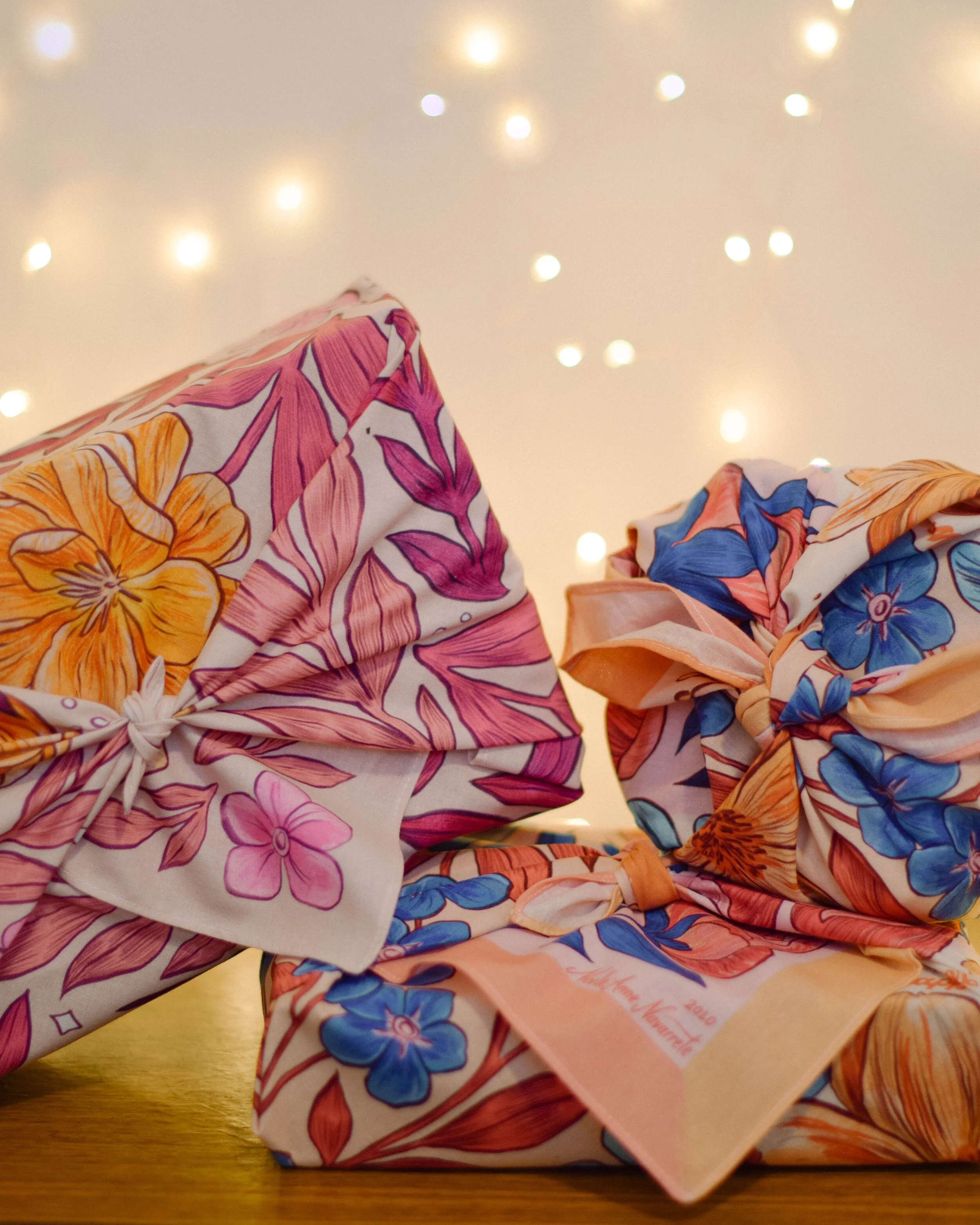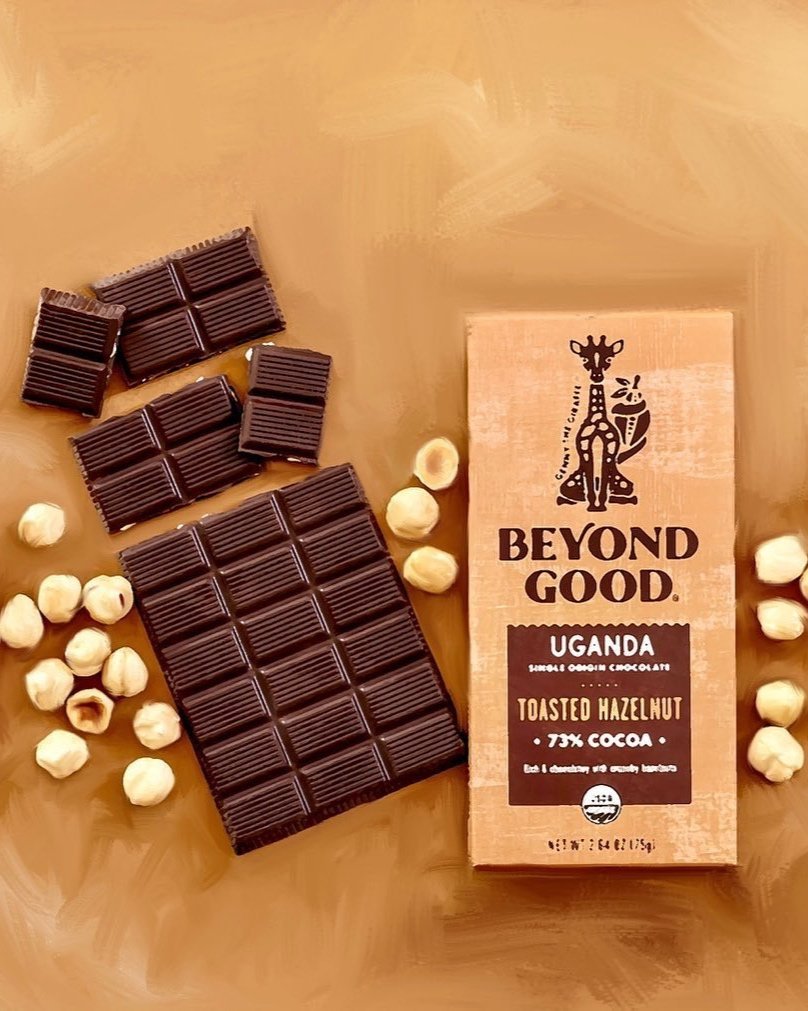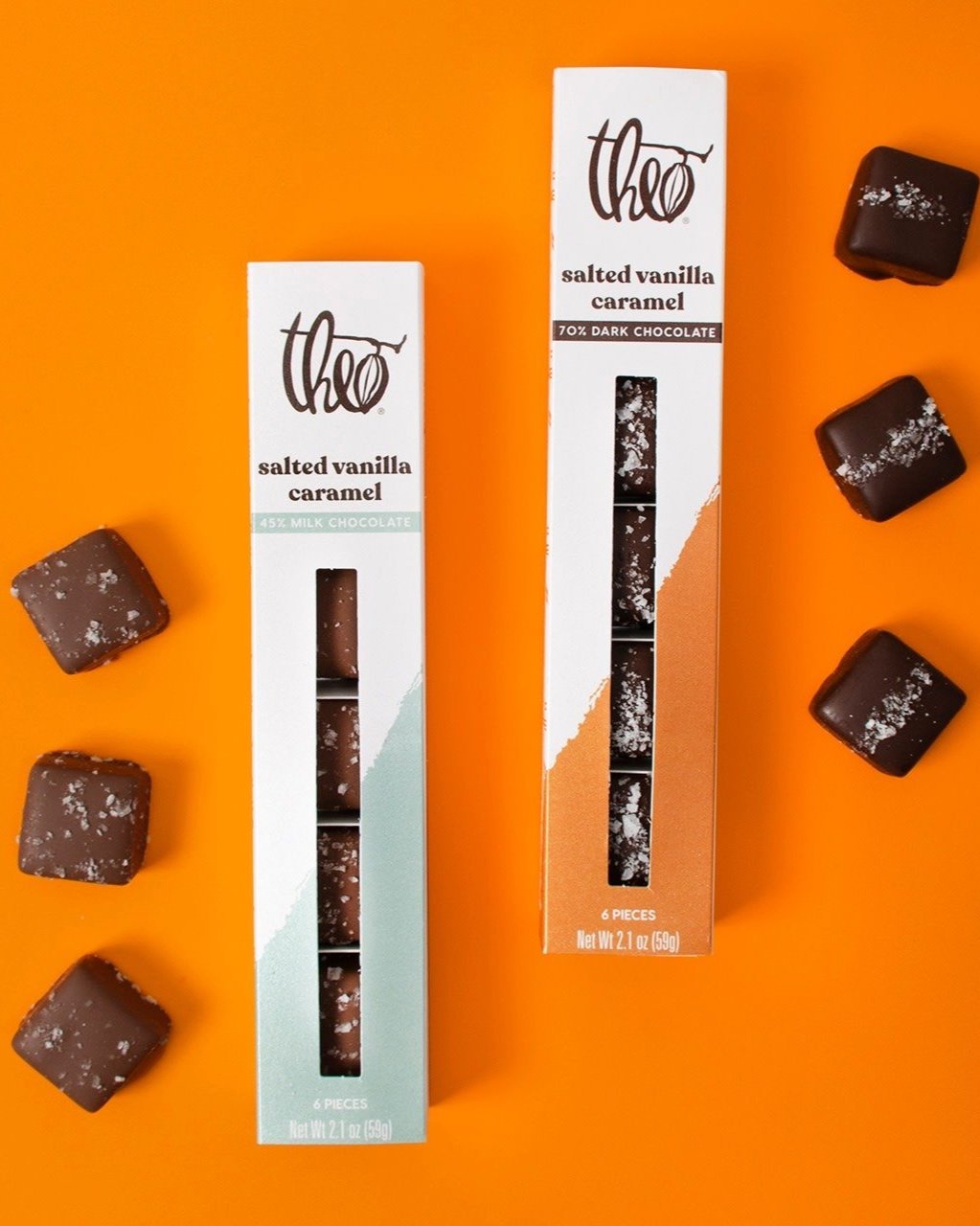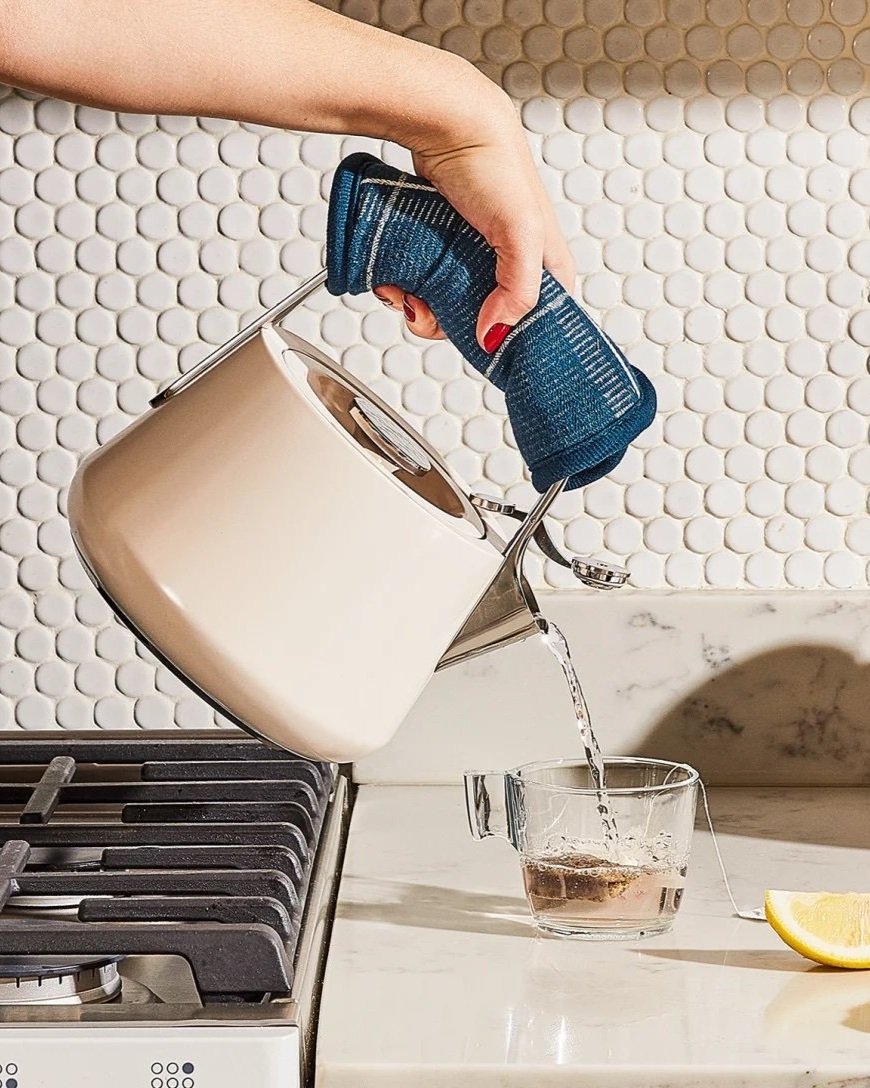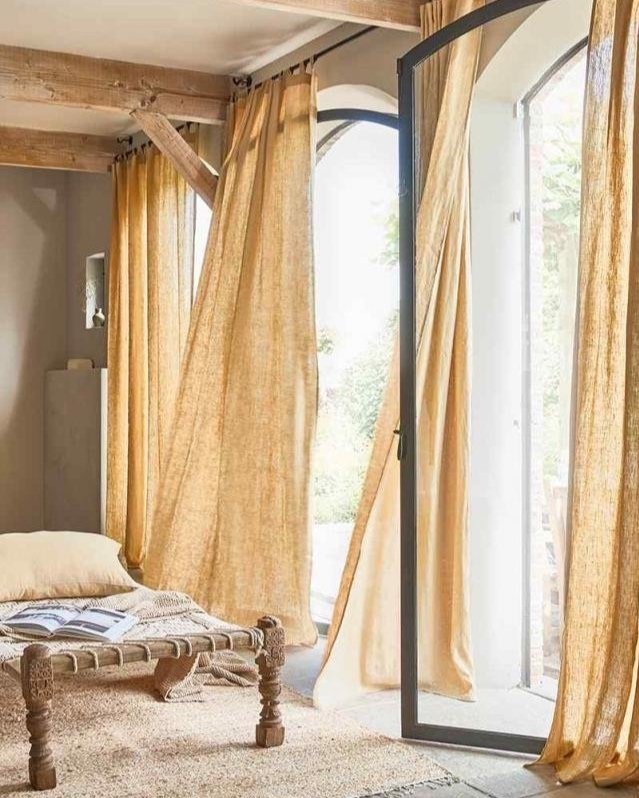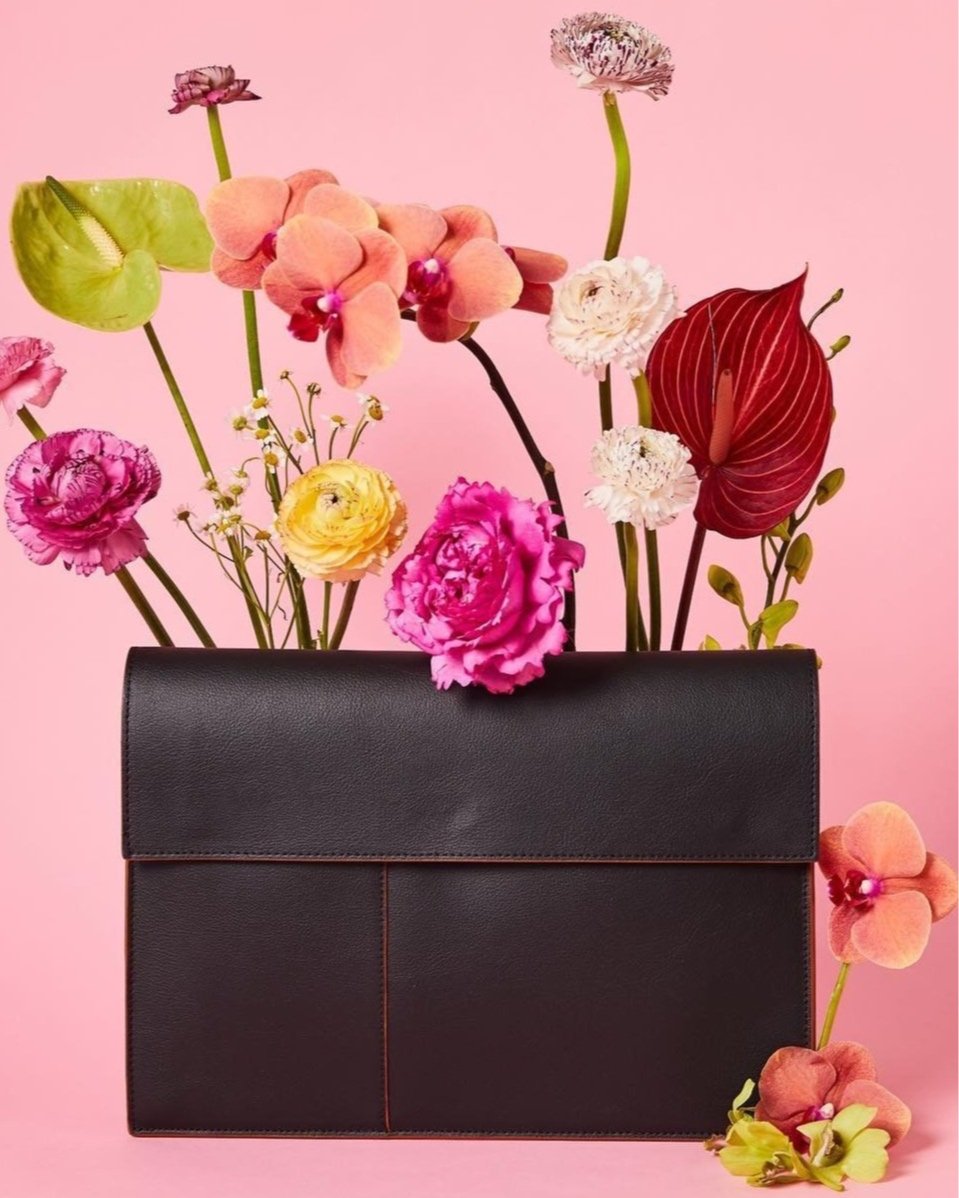
Designer clothing has long been a coveted, fashionable sign of status. Unlike “cheap” fast fashion brands, people often view designer clothing as a quality, luxury good. However, many consumers might be surprised to discover that designer brands can be just as unethical and unsustainable as well-known fast fashion labels like BooHoo.
Designer labels no longer guarantee quality or ethics. Instead, shoppers often shell out their hard-earned dollars to support brands that don’t align with their values.
In this guide, we cover a few of the “worst” designer brands in terms of sustainability and ethics. We’ve also included a few tips on how to shop designer brands more sustainably.
Are designer brands ethically made?
Despite the hefty price tag, designer brands often employ unethical labor practices including hazardous work environments, low wages, and forced labor. Much of the status attributed to designer brands is their mystique and inaccessibility. But that same lack of transparency applies to their production methods, allowing designer brands to use exploitative labor without question.
Luxury brands rarely disclose how and where they produce their clothes, what the working conditions are like, and what they pay. According to Good on You, 111 of 174 luxury brands surveyed did not pay living wages throughout their supply chain. Many luxury brands have even been linked to sweatshops, such as Ralph Lauren, or exploitative wages, such as MaxMara and Fendi.
Unless a designer brand provides full transparency on its supply chain and allows a third-party audit to certify its labor standards, consumers can’t verify any ethically made claims.
Why are luxury brands not sustainable?
There are two main reasons why luxury brands aren’t sustainable: a reliance on animal-based materials and a lack of transparency.
Most luxury brands provide little to no information on efforts to reduce emissions, minimize waste, ethically source animal-derived materials, or use low-impact materials over hazardous chemicals.
Consumers often mistakenly believe that the higher cost of luxury designer brands equates to superior standards. In reality, this often leads to a lack of accountability for these brands. Of the few designer brands that do claim to be reducing greenhouse gas emissions, the majority provide no evidence as to how.
Luxury and designer brands produce significantly less clothing than fast fashion brands, which has a positive impact. However, this alone doesn’t make them sustainable.
Unless luxury brands provide further transparency on each production stage, from sourcing to cutting to shipping, we can’t assume they are more sustainable than fast fashion brands.

The 25 Worst Designer Brands to Avoid
Below, you’ll find several designer brands that we avoid supporting. The biggest reason why is a lack of transparency.
Every designer brand below currently doesn’t provide verifiable information on how they are reducing emissions (despite many claims), nor do they report the wages and working conditions within their supply chain.
While we’ve done our research, we also recommend researching any brand yourself to ensure that it aligns with your values.
1. Dior
Owned by LVMH, a luxury group conglomerate, the Parisian fashion and beauty brand Dior has a long way to go when it comes to transparency. Despite LVMH’s supply chain code of conduct, Dior’s supply chain has no verified labor standards.
When it comes to sustainability, Dior notably recycles some textile waste but rarely utilizes low-impact materials. Dior reportedly sourced cotton from Xinjiang, China, a region notorious for using forced labor.
2. Hermès
Hermès is a French luxury designer brand that reports artisan craftsmanship and circular production. However, they don’t have any certified labor standards throughout their supply chain and have only reported living wages for certain workers.
Hermès specializes in leather goods, so it’s encouraging that they only work with Leather Working Group-certified tanneries. However, despite having an official animal welfare policy, they don’t disclose the sourcing of most animal-derived materials used.
Hermès makes several statements about how they prioritize sustainability, minimizing waste, and lowering their impact, but they currently don’t provide insight into how they do this.
3. Louis Vuitton
A French luxury brand owned by LVMH, Louis Vuitton does have an official sustainability and supply chain code of conduct, but these efforts are largely unverifiable.
Louis Vuitton’s supply chain is largely unknown, with no verifications for safe working conditions, fair wages, or worker’s rights. They reportedly sourced cotton from Xinjiang, and it’s unclear if that’s changed.
Louis Vuitton uses some Responsible Wool Standard certified wool, and Responsible Down Standard certified down, but the ethics and source of the remainder of their animal-based materials are unknown.
4. Chanel
Chanel rarely uses lower-impact fabrics, does not report any measures for reducing waste throughout their supply chain, and doesn’t have any animal welfare policy.
Chanel obtained a supply chain score of 11-20% in 2022 by the Fashion Transparency Index. They reportedly conduct audits throughout their supply chain and are currently working to have it verified and certified for no forced labor. But, they currently don't disclose worker’s wages or working conditions.
5. Ralph Lauren
Ralph Lauren is an American designer brand that has been linked to unethical labor. In 2022, BBC reported that Ralph Lauren exploited their workers in an Indian factory, forcing them to work days on end with little to no breaks to meet production. Ralph Lauren has reported increasing wages and better working conditions, but their efforts are largely unverifiable.
Ralph Lauren claims to implement some responsible materials and circular production methods by 2025, but they don’t provide sufficient information on what that means. The few stated concrete actions they plan to take, such as offering five Cradle to Cradle Certified products and some products with 100% recycled cotton, are frankly, not enough.
6. CELINE
A LVMH brand, CELINE doesn’t appear to disclose workers’ wages or working conditions. They have a supply chain code of conduct and anti-trafficking policy, but their supply chain isn’t currently verified or certified to support this.
CELINE has reportedly sourced cotton from Xinjiang. Despite tracing the origin of some of their animal-derived materials and not using fur, they don’t provide sufficient information on how their materials are sourced.
7. Loro Piana
Loro Piana, owned by LVMH, is often associated with sustainable luxury, but they have many areas for improvement. Loro Piana produces durable, quality products with some lower-impact fabrics, and they recycle some textile waste. They also treat wastewater throughout production and utilize some solar energy. However, those are the only sustainable measures they currently disclose that can be verified.
Loro Piana doesn’t report wages throughout their supply chain or transparency on their manufacturing process. When it comes to animal-derived materials, they don’t appear to ensure ethical sourcing or animal welfare.
8. Prada
Prada ranks low on the list of designer brands prioritizing animal welfare. While Prada doesn’t use fur, they do utilize numerous animal-derived materials including angora, with no apparent animal welfare policy. Prada doesn’t disclose any efforts to trace the source of their materials. They also do not certify or report labor conditions.
Prada has recently started to implement some sustainable initiatives, such as recycled packaging, utilizing solar energy, and offsetting some emissions. They now have two recycled collections using recycled nylon and recycled gold.
9. Jimmy Choo
Jimmy Choo is a Malaysian designer brand now owned by the corporate luxury group, Capri Holdings Limited. While this group has a lengthy statement on their supply chain code of conduct and the audits they adhere to, Jimmy Choo’s supply chain doesn’t appear to be certified or verified.
Jimmy Choo has set a goal to use more responsible and certified materials throughout their collections and to minimize packaging waste by 2025. While they now have notable goals for future improvement, these initiatives are currently largely unverifiable.
10. Miu Miu
Owned by the Prada Group, Miu Miu states that they comply with international labor standards. But, they currently don’t appear to have any formal policies or verifiable efforts to ensure ethical working conditions and fair pay.
As of December 2022, they have implemented several sustainable measures such as offsetting emissions, solar energy, and recycled packaging, but little is known about their production methods and impact. Miu Miu offers an upcycled collection and some low-impact materials, but they don’t appear to report their sourcing, including for animal-derived materials.
11. Givenchy
Givenchy uses the same unverified claims for reducing emissions and ensuring animal welfare as its fellow luxury brands owned by LVMH. They state that they recycle some textile waste, but not all, and they don’t provide transparency on their supply chain to verify that it meets any certified labor standards.
Givenchy also reportedly sourced cotton from Xinjiang, and it’s unknown if they stopped. Despite using Responsible Down Standard certified down, the sourcing of their other animal-derived materials is not disclosed.
12. Salvatore Ferragamo
Salvatore Ferragamo has set several environmental initiatives to be completed by 2025 and 2030. It’s unclear how much action has been taken, and their claims are largely unverifiable.
Salvatore Ferragamo does work with Leather Working Group tanneries and has an official animal welfare policy, including only sourcing wool from non-mulesed sheep. That being said, Salvatore Ferragamo doesn’t report worker's wages or working conditions.
13. Tod’s
Tod’s, an Italian luxury brand, doesn’t appear to be working toward reducing waste, emissions, or hazardous chemicals throughout their manufacturing process. Tod’s supply chain doesn’t adhere to any certified labor standards, and it obtained a 0-10% supply chain score in 2022.
Tod’s has made claims that they work to minimize animal suffering, but they do not have any evidence of this, nor do they have a formal policy to protect animal welfare.
14. Versace
Owned by Capri Holdings, Versace is a long-standing Italian designer brand that states they are committed to minimizing their environmental impact. However, little is known about their production process or how they are reducing waste. They do implement numerous responsibly sourced and certified materials, but not all. Versace has limited the use of animal-derived materials and banned fur, but they don’t have an official animal welfare policy.
Versace finalizes production in Italy, but they currently don’t provide transparency on workers’ wages or conditions throughout their supply chain.
15. Dolce and Gabbana
Dolce and Gabbana is a particularly notable offender when it comes to sustainability. Dolce and Gabbana do not appear to be using low-impact materials, minimizing waste, or reducing water waste. Their only stated action on sustainability is eliminating plastic packaging by 2025.
Their supply chain received a 0-10% score in 2022, and they do not disclose wages or safeguards. While Dolce and Gabbana have stated that they work to prevent animal suffering, they don’t have an official policy nor do they report sourcing.
16. Maison Margiela
Maison Margiela is a luxury designer brand now owned by OTB Group. Maison Margiela uses almost no low-impact materials, nor do they report efforts to minimize emissions, waste, or water.
Their supply chain isn’t verified to meet any ethical labor standards, and they received a 0-10% supply chain score in 2022.
17. Elie Saab
While most designer brands struggle with transparency, Elie Saab provides notably less information. They don’t appear to offer any insight into how they manufacture, where they get their materials, or efforts to implement sustainable production methods.
18. Tom Ford
Tom Ford currently doesn’t provide transparency on their manufacturing, production, or sourcing. When it comes to sustainability, the only action disclosed is that Tom Ford is supporting the innovation of plastic packaging alternatives.
19. Vera Wang
Much like Tom Ford, it’s difficult to discover any insight into how Vera Wang operates. No code of conduct or sustainability page is disclosed.
20. Christian Louboutin
Little is known about Christian Louboutin’s production methods and supply chain. They do not claim to ensure animal welfare, cruelty-free materials, or sustainable manufacturing methods.
There are currently no reports of living wages or safe working conditions throughout their supply chain.
21. Victoria Beckham
Victoria Beckham is a popular designer brand with a long way to go when it comes to transparency.
Victoria Beckham doesn’t claim to be reducing emissions, waste, or hazardous chemicals. It’s unclear who produces their products, under what conditions, and where. They also don’t claim to ensure animal welfare when sourcing animal-derived materials.
22. Alexander Wang
Alexander Wang doesn’t provide information on how they produce their products and where, nor do they report any sustainable manufacturing initiatives.
23. The Row
A beloved quiet luxury brand, The Row is notably quiet about how they produce their products. They don’t indicate that they are minimizing emissions or waste, nor do they provide evidence of fair and safe working conditions.
24. Oscar de la Renta
Oscar de la Renta is a renowned designer brand that unfortunately shows little interest in implementing sustainable production methods. They don’t have a formal Code of Conduct and the wages and conditions of their supply chain are unknown.
25. Gucci
Gucci is certainly not a sustainable designer brand, but they have made recent efforts to improve. Gucci has incorporated more eco-friendly and recycled materials and utilizes low-waste fabric-cutting methods.
They are working to reduce emissions (though this isn’t verifiable), and are minimizing the use of harmful chemicals in leather. Gucci doesn’t provide information on how they abide by their animal welfare policy, or source all animal-derived materials.
A notable difference between Gucci and the above designer brands is their supply chain. Gucci does have a third-party audit of their final production stage. This verified living wages in their final production stage. The rest of their supply chain is unknown.

How to Shop Designer Brands More Sustainably
If you prefer to shop from designer brands, there are a few ways to do so more sustainably.
- Shop Vintage: Choose vintage designer pieces over new. Online vintage marketplaces like The RealReal and Vestiaire Collective are wonderful places to start, as are local vintage stores.
- Buy Pre-Loved: Some designer brands (Balenciaga, Gucci, etc) offer pre-owned, re-sell collections to minimize waste.
- Rent: While renting has a considerable environmental footprint, if you want a designer piece for a special event, this is a better option than buying new from the brand. However, if you plan to rent regularly, or would have worn the piece numerous times, consider alternatives like shopping second-hand instead.
Ultimately, designer brands have consistently ranked low in sustainability and ethics, but several luxury brands are beginning to make notable changes. If you have a favorite designer brand, monitor their progress to stay updated on how they are working to improve.
Even better, let brands know that their current production methods don’t align with your values. Consumer demand is the only reason why some luxury brands are finally starting to take action, and thankfully, it’s working.
About the Author
Alicia Briggs is a writer & editor specializing in slow travel & sustainable living. She has been a full-time traveler since 2018 and runs her own blog, Learning the Local Way, where she covers responsible travel tips and guides.
MAKE SURE TO PIN THE PHOTO BELOW TO SAVE THIS POST FOR LATER!
WANT TO FIND SUSTAINABLE BRANDS? VISIT OUR BRAND DIRECTORY!
Our Brand Directory is home to hundreds of sustainable brands, from makeup to cleaning supplies, from underwear to shoes. We have broken everything down by category for easy shopping, along with discount codes unique to Sustainably Chic viewers.

